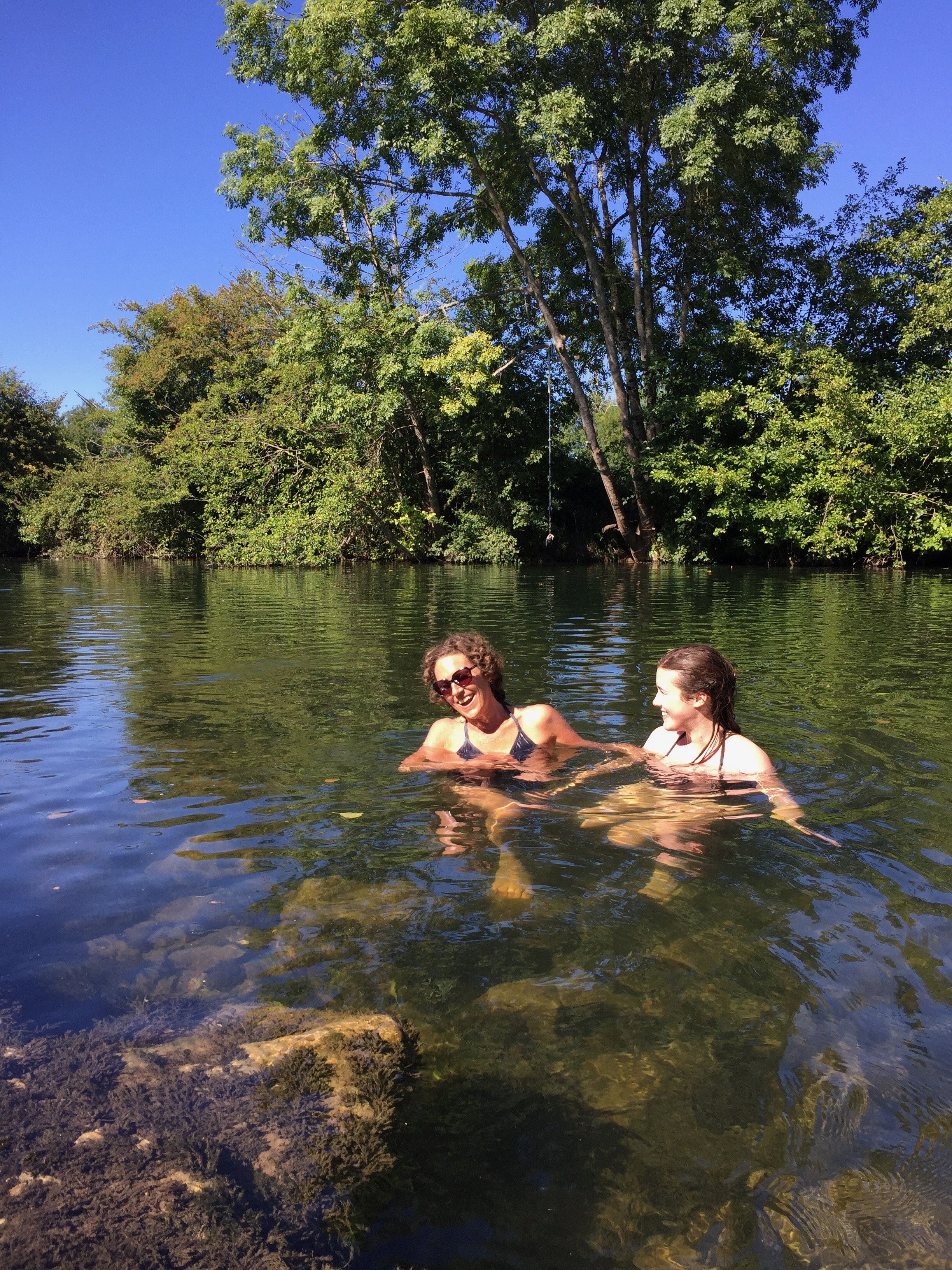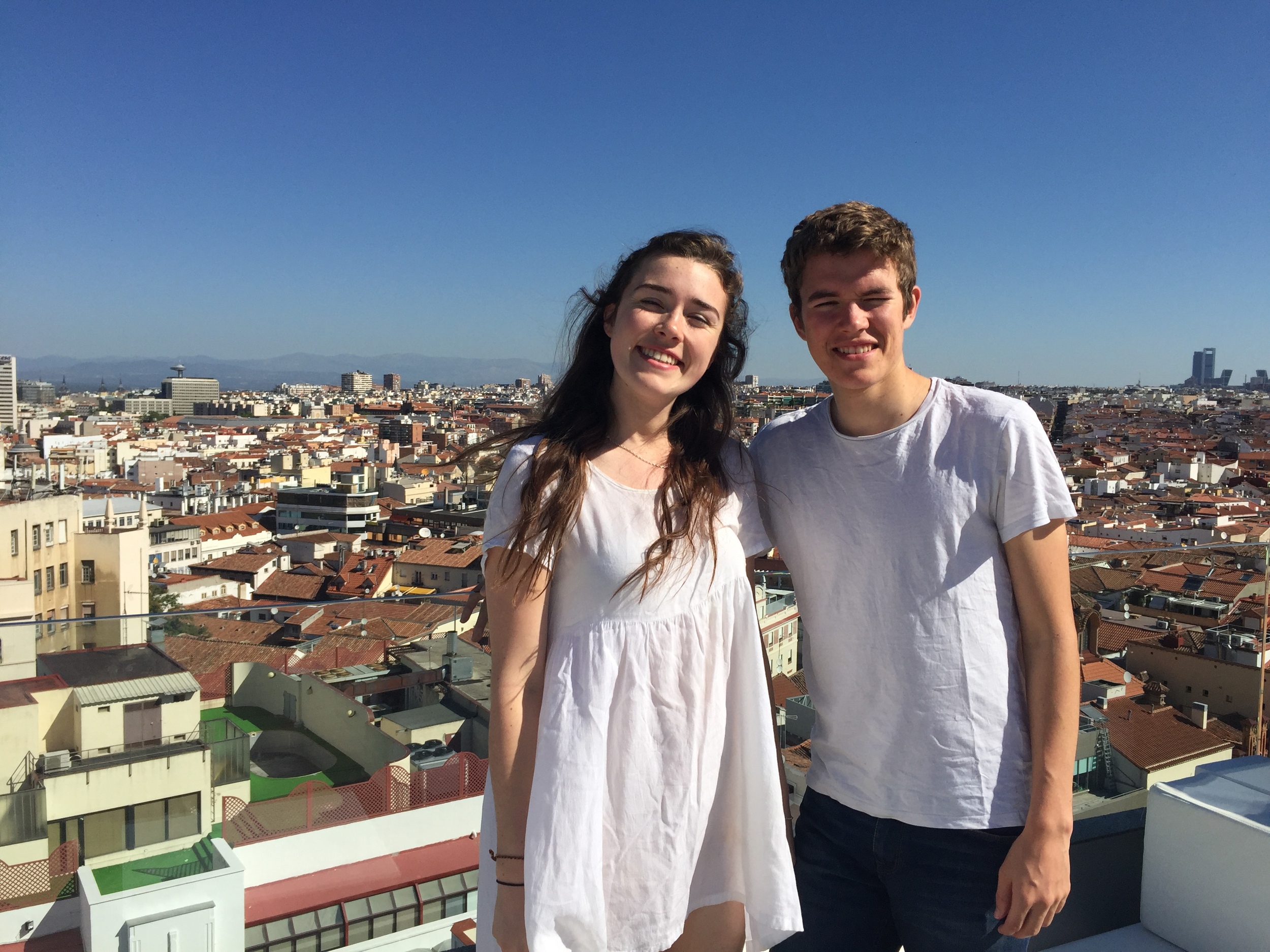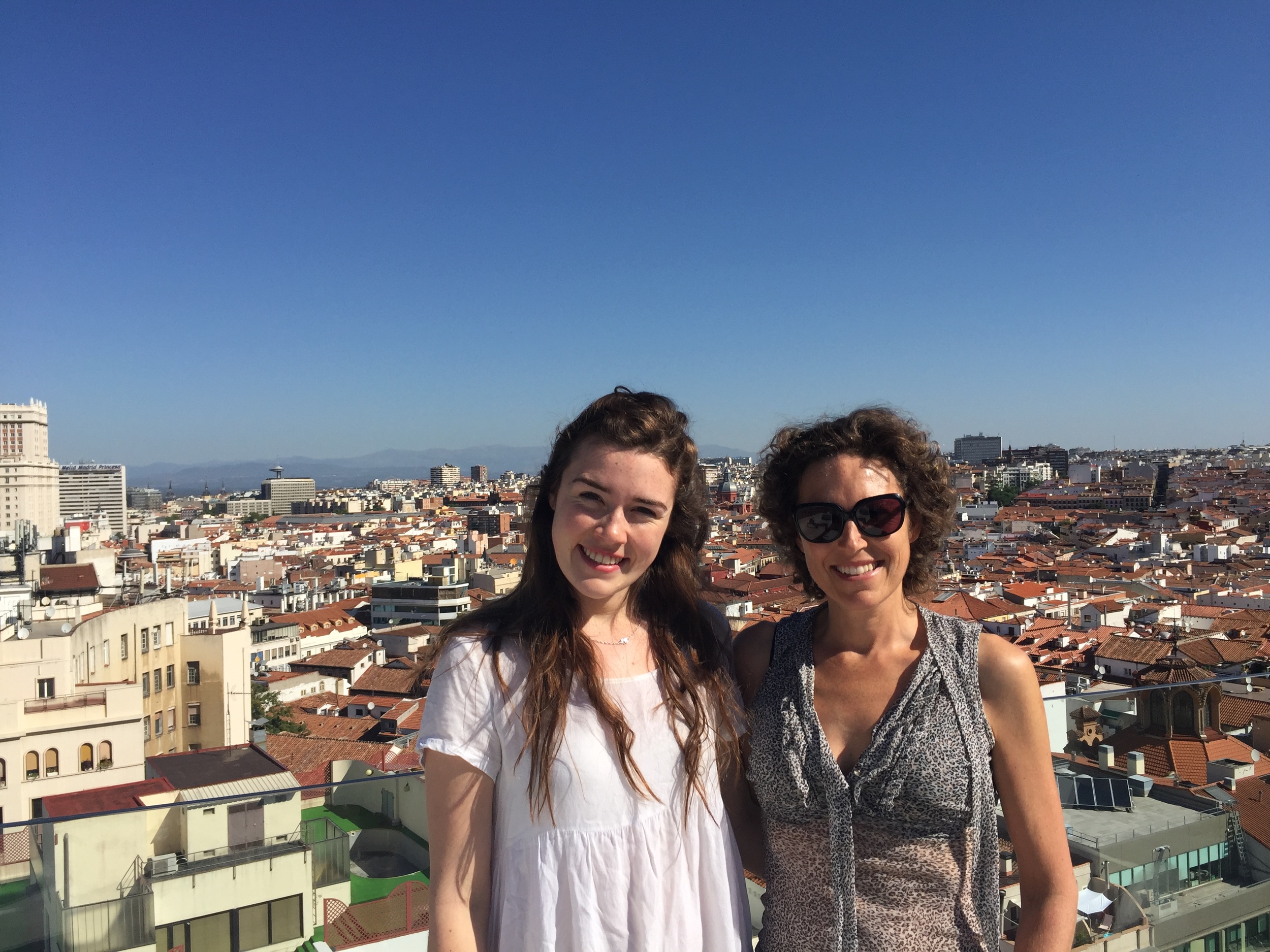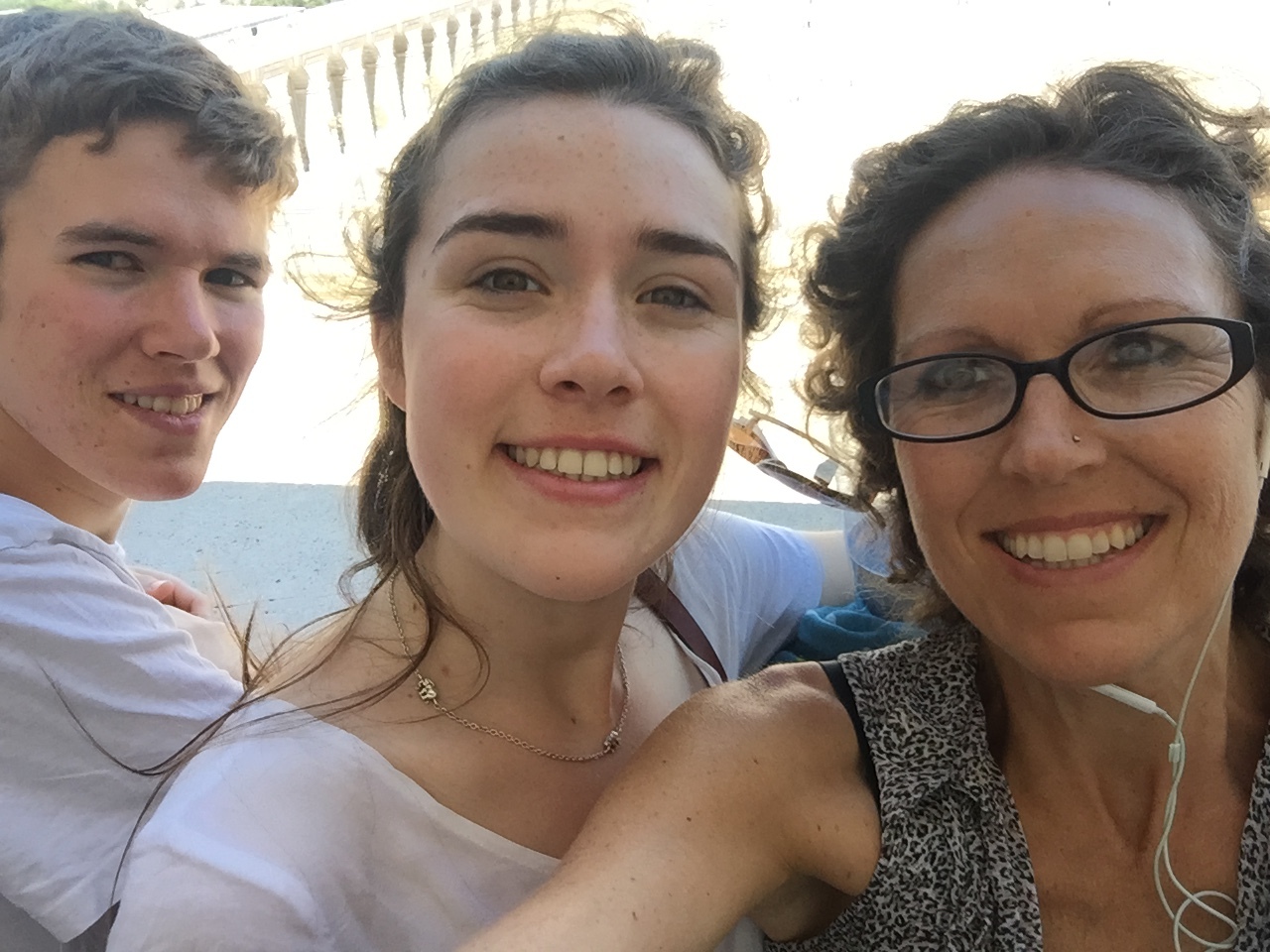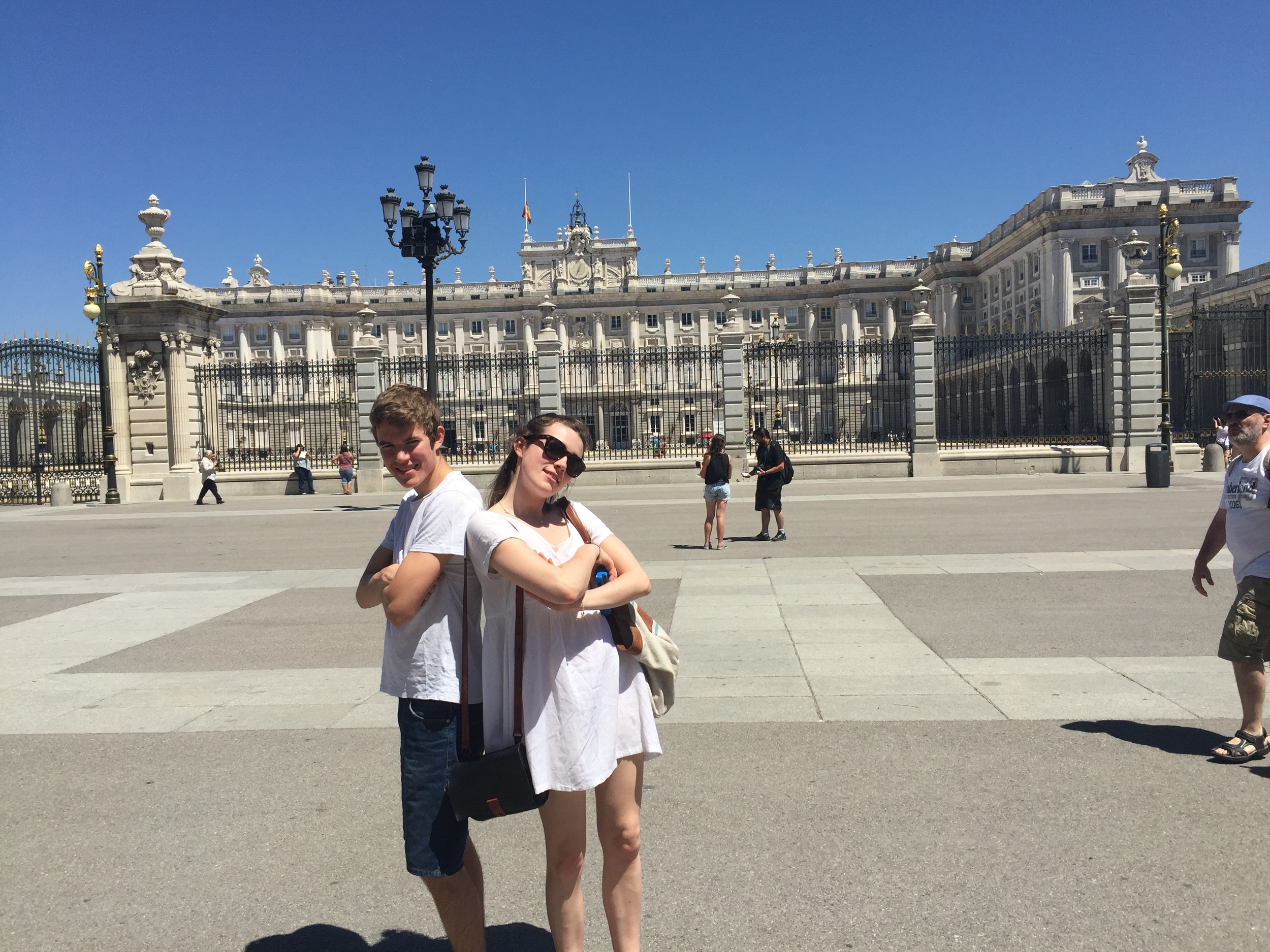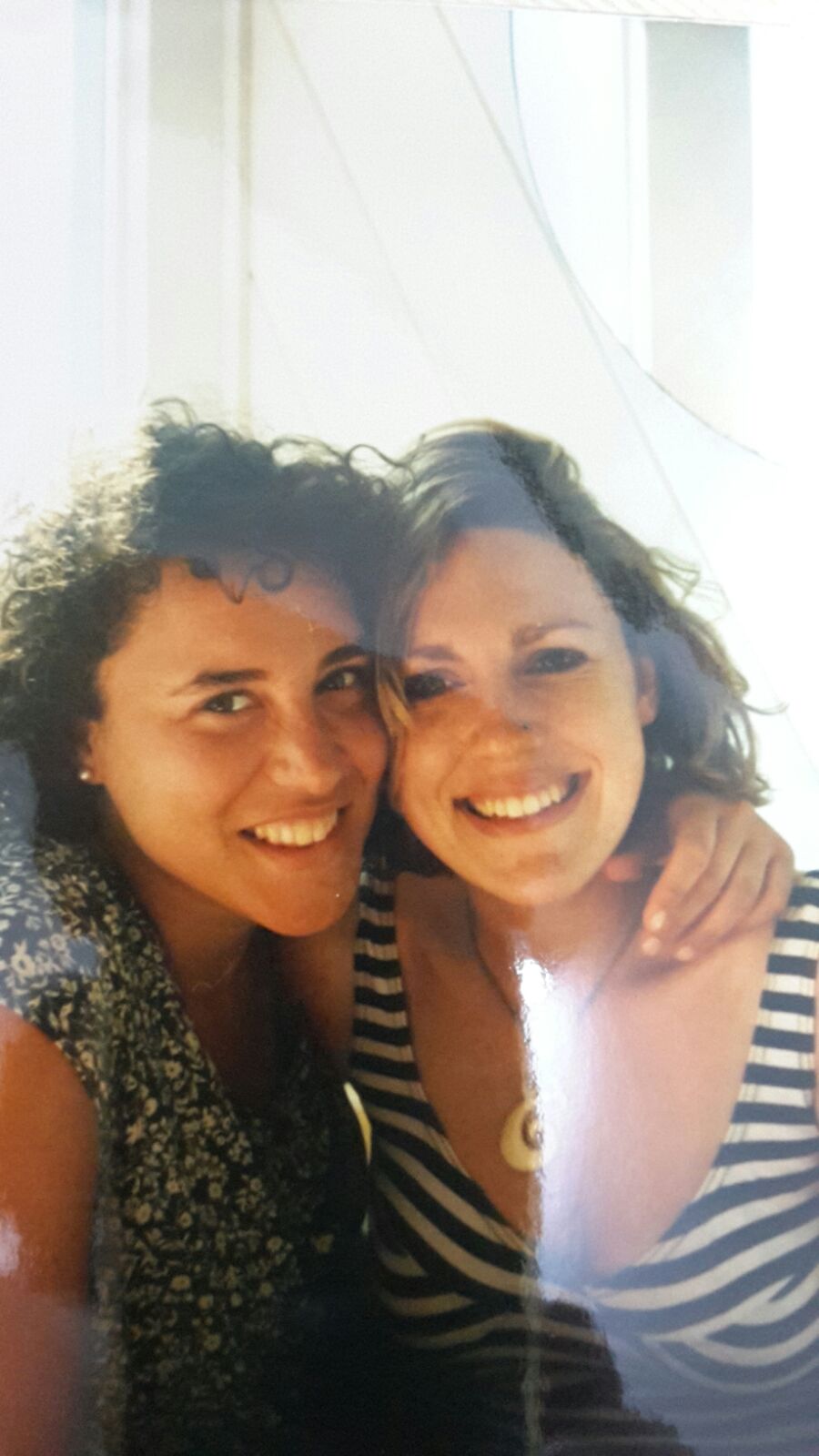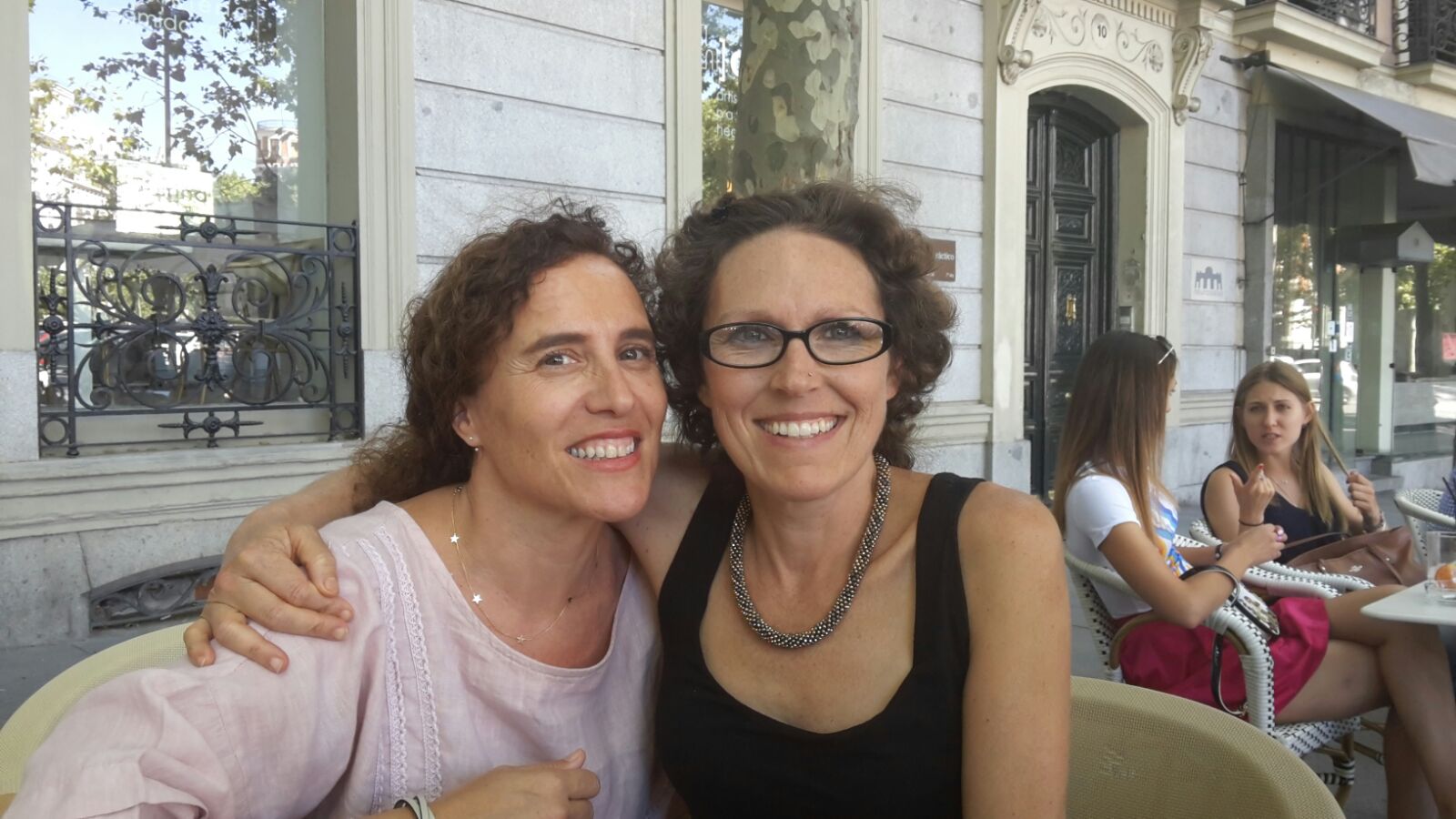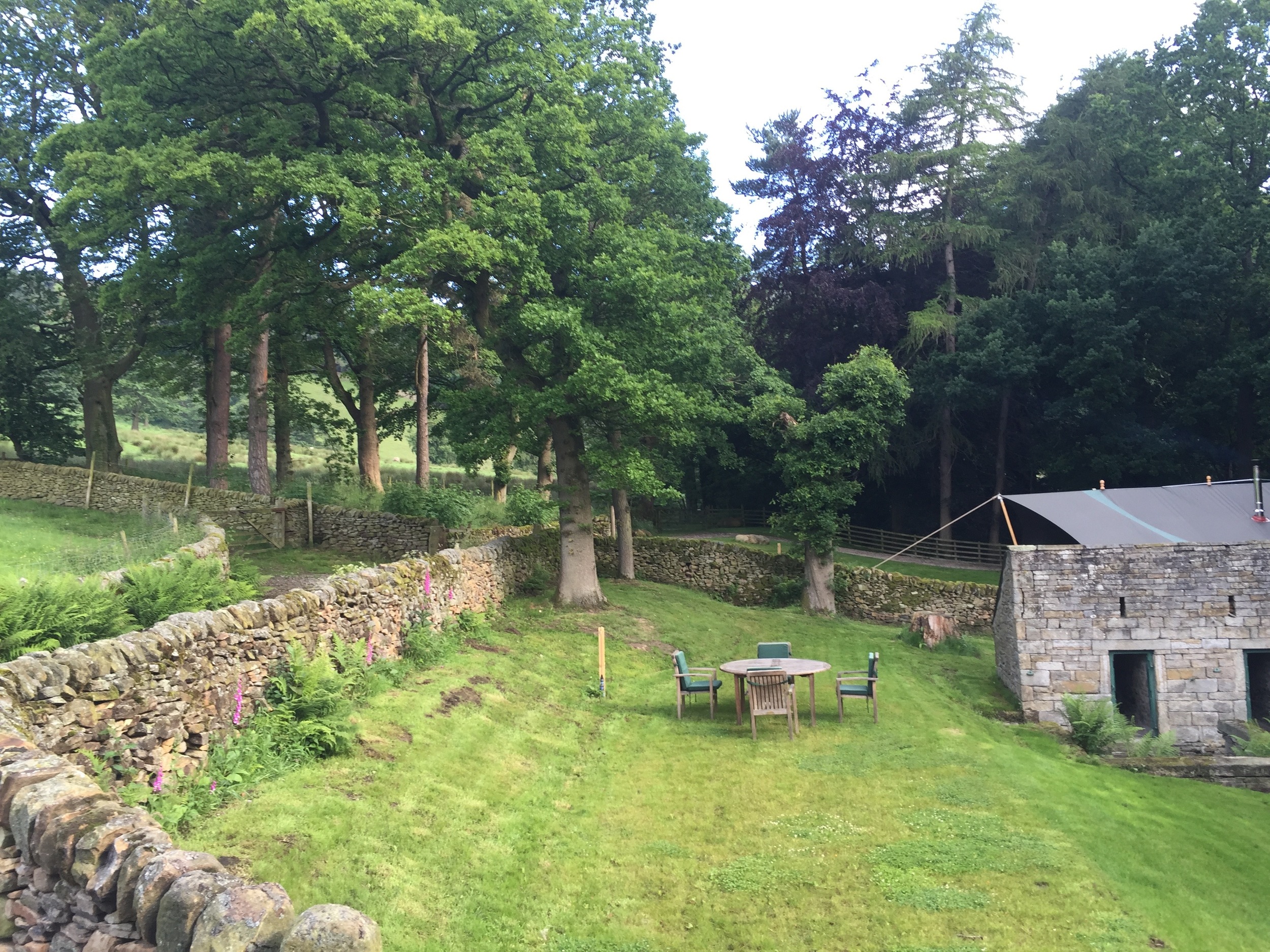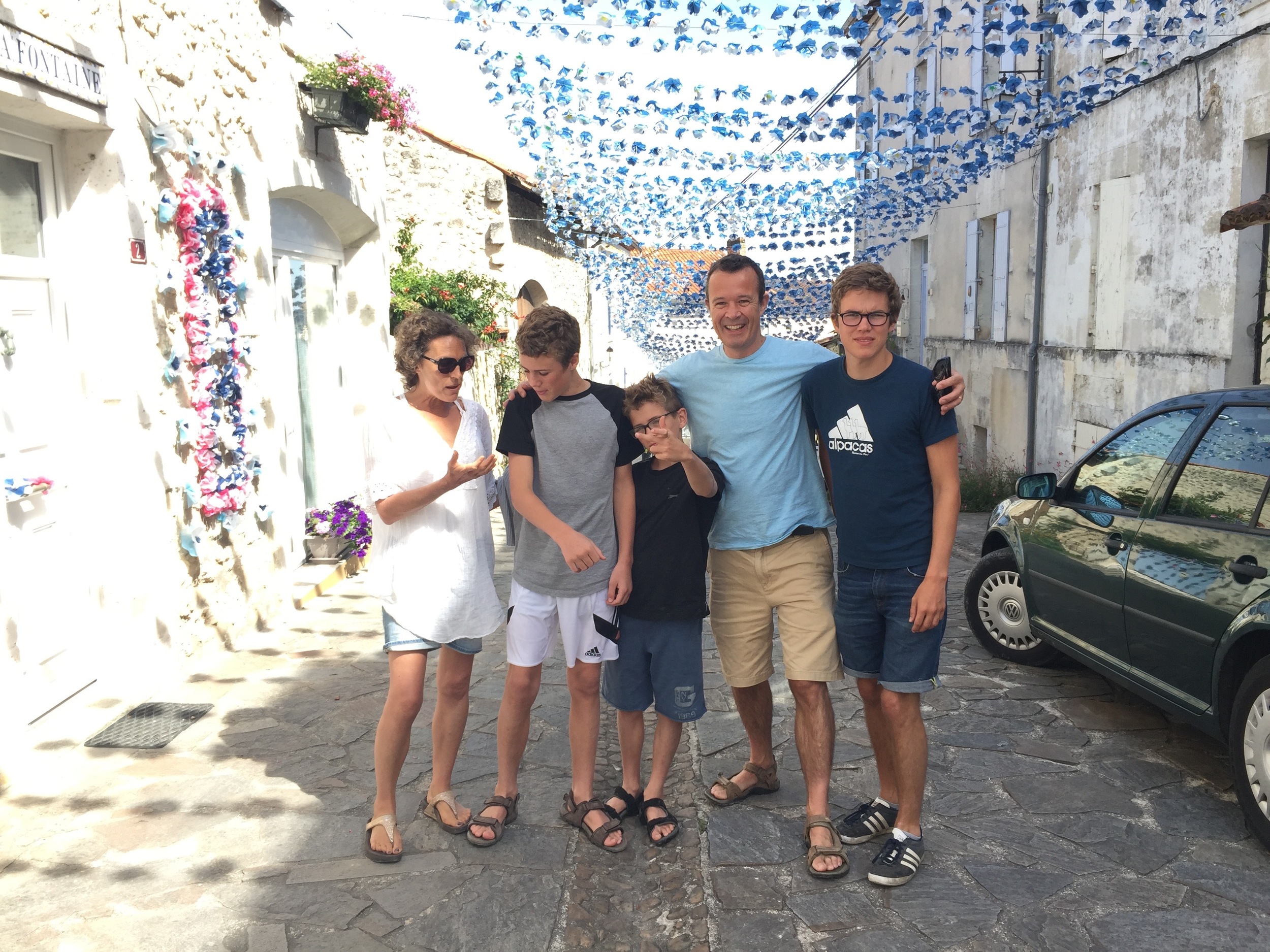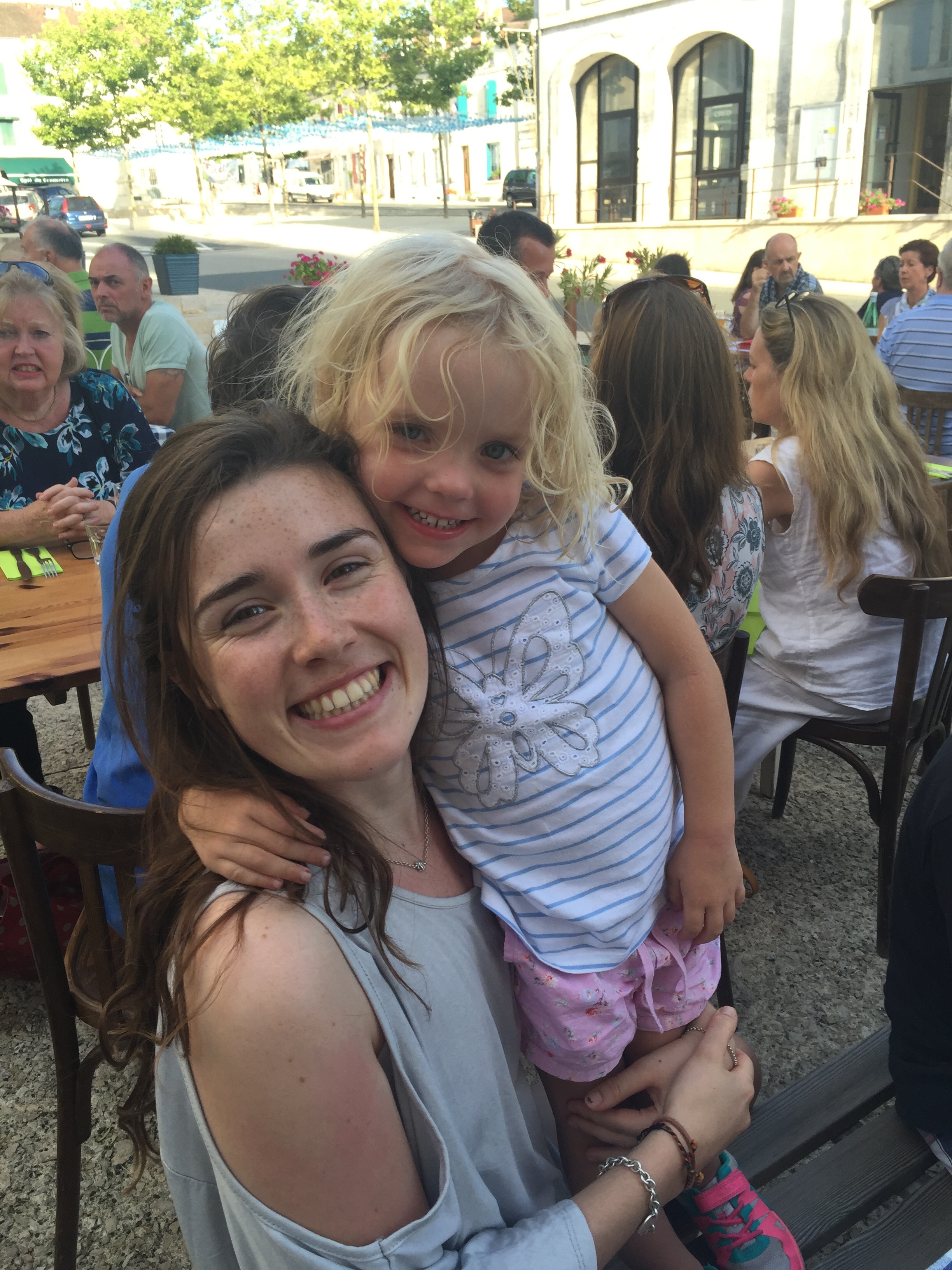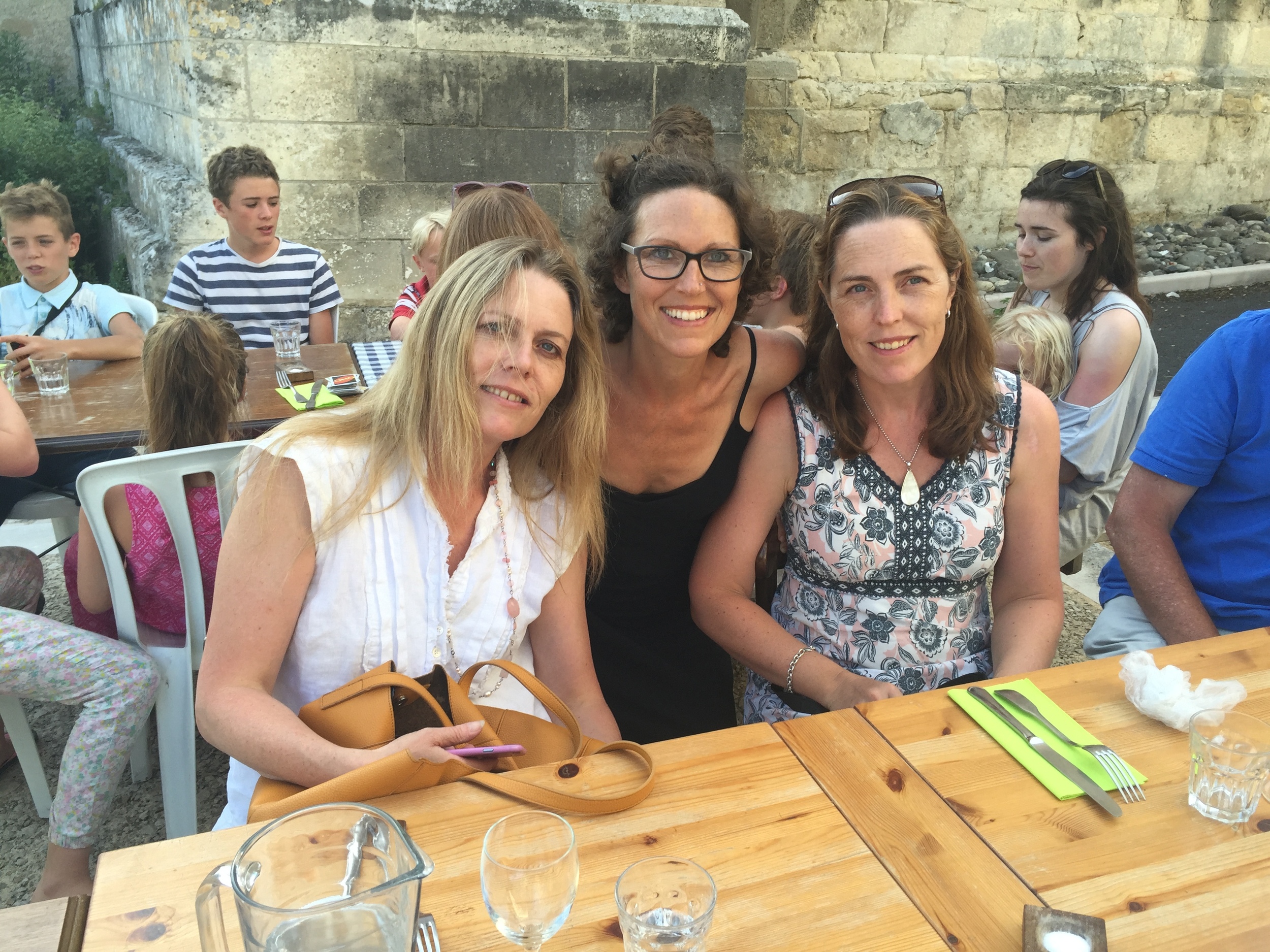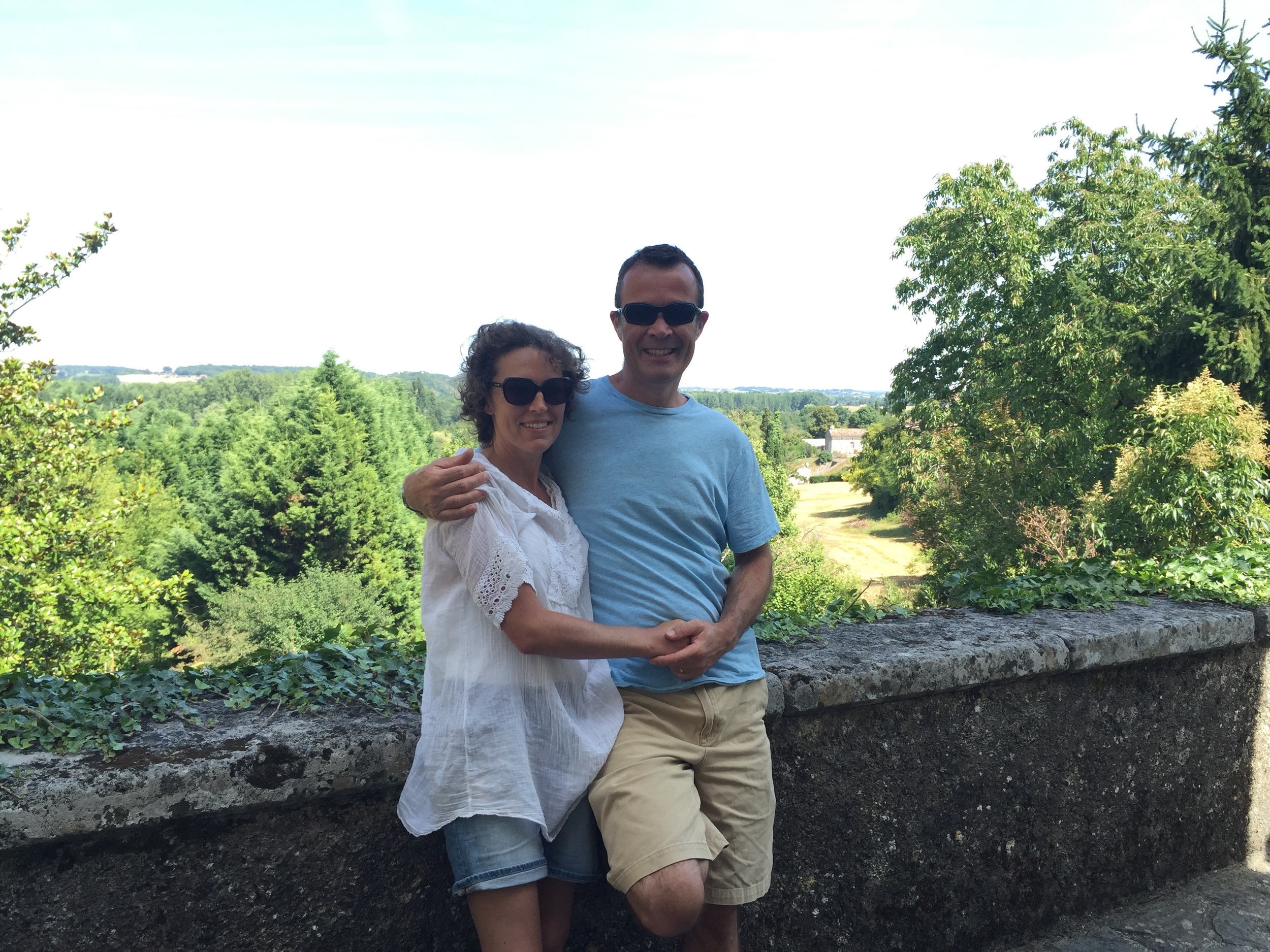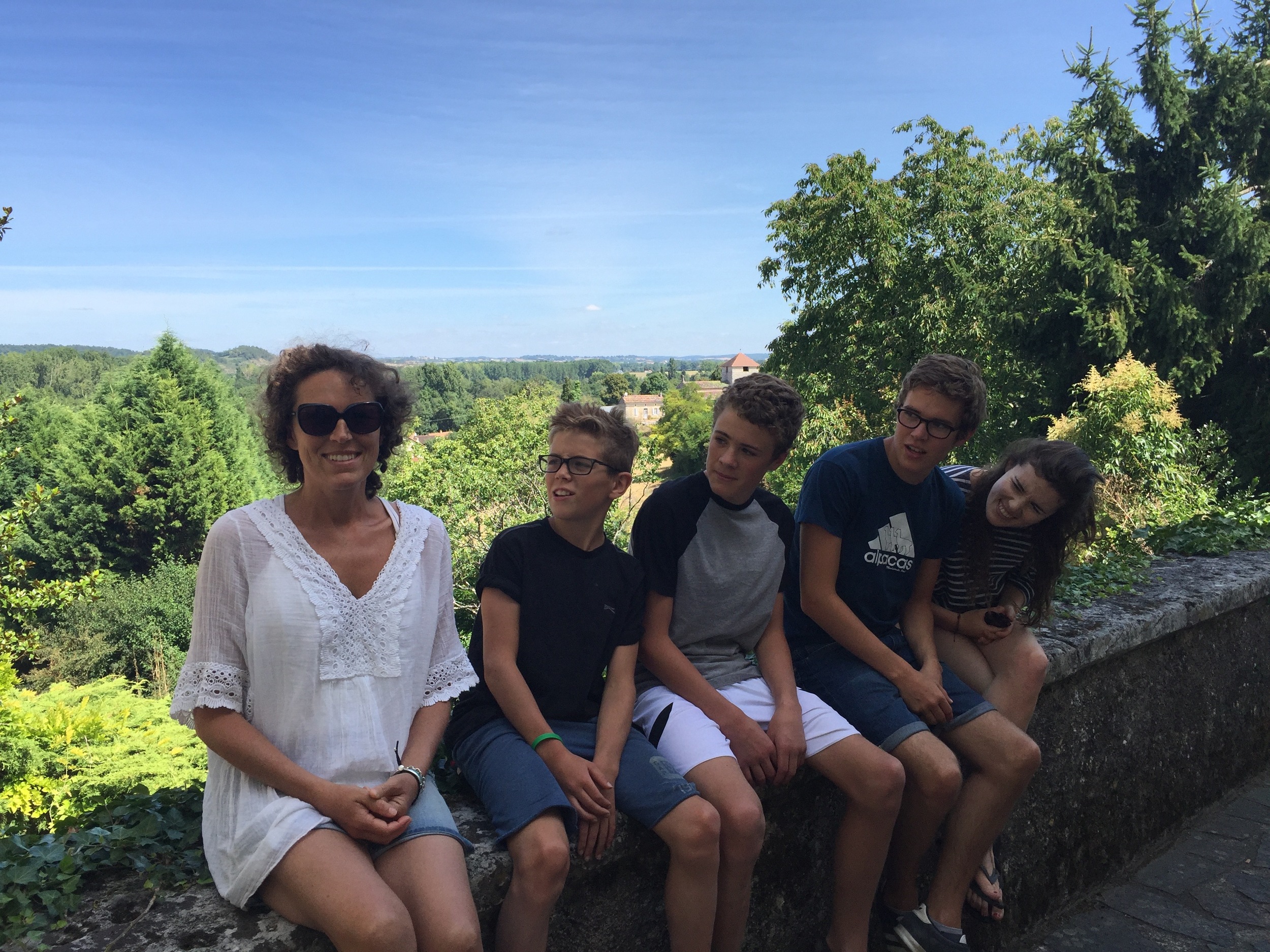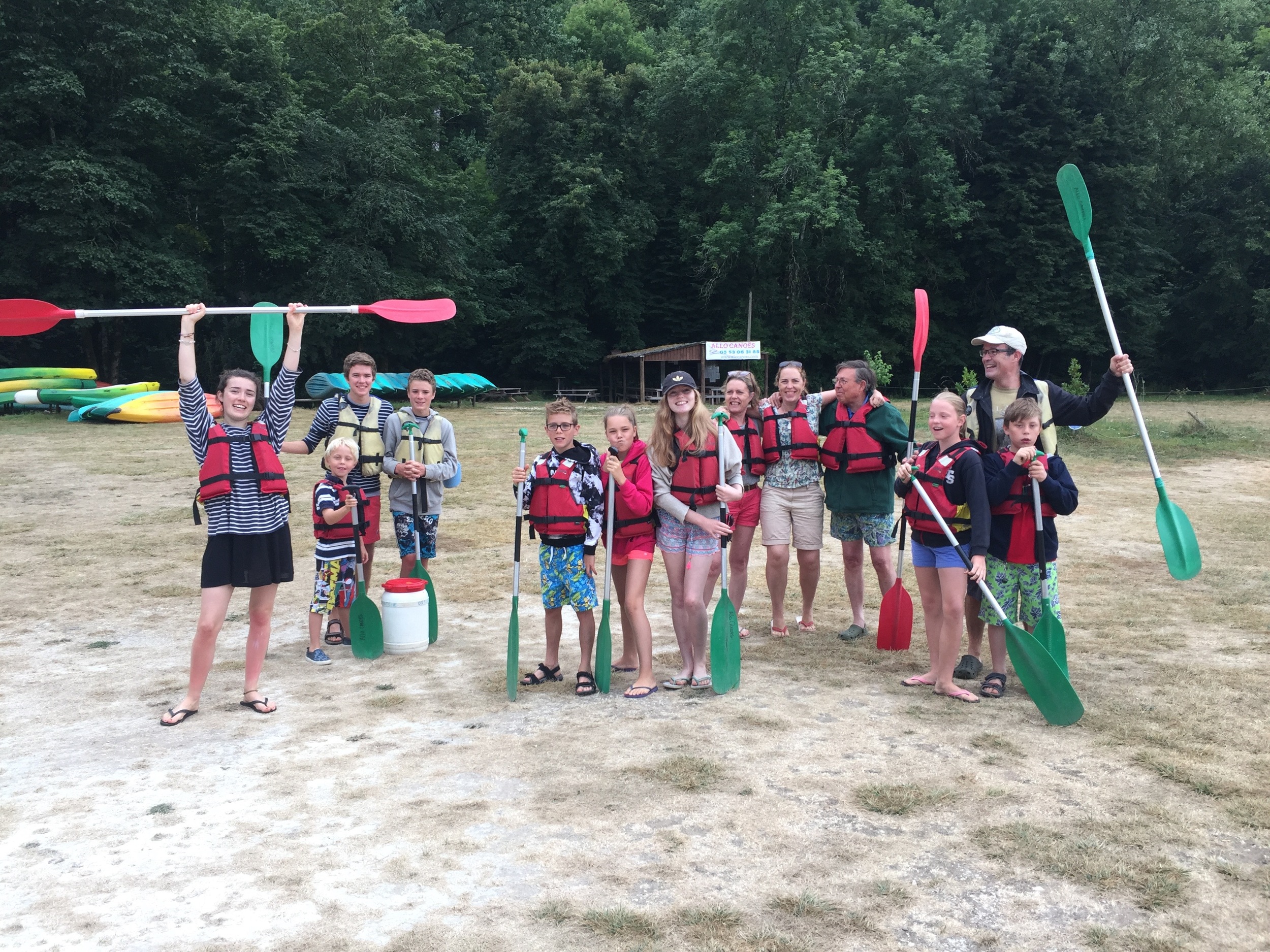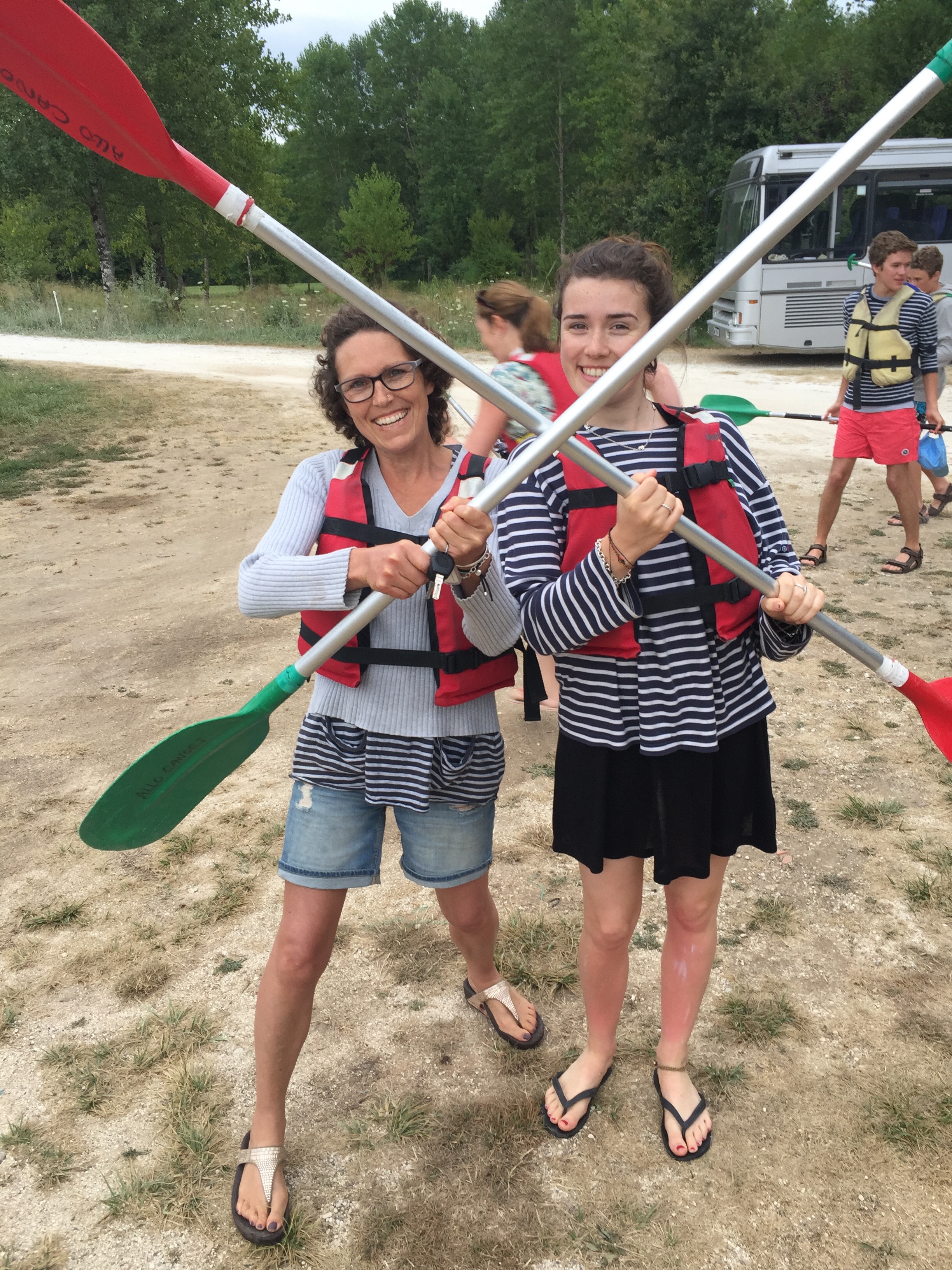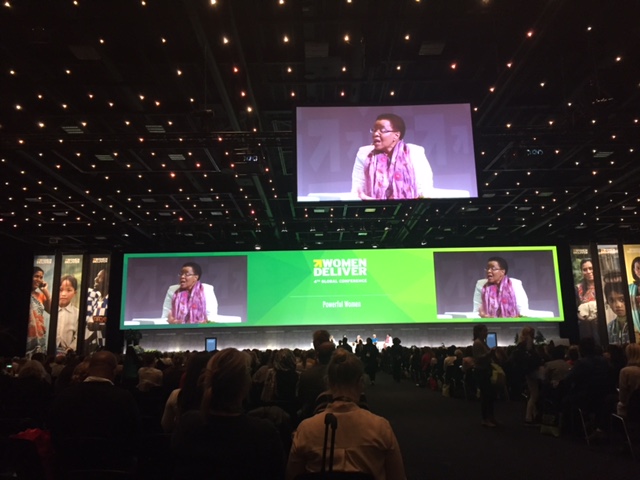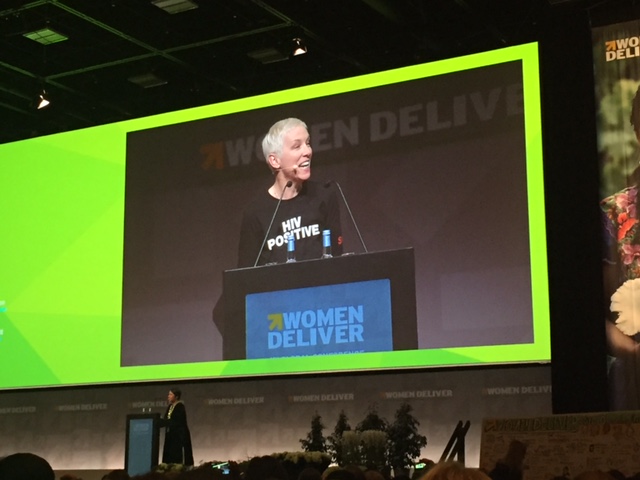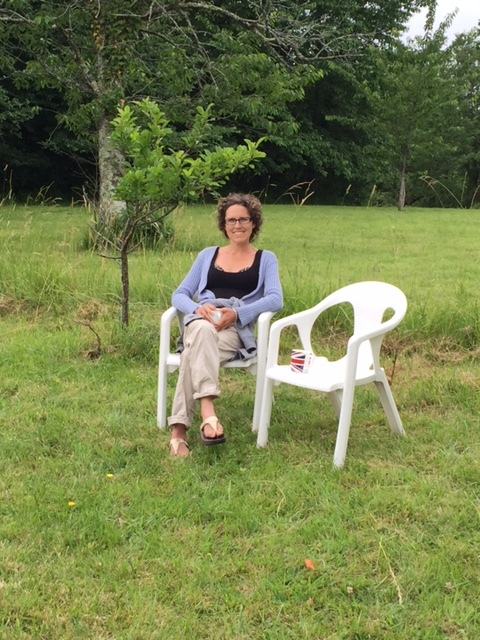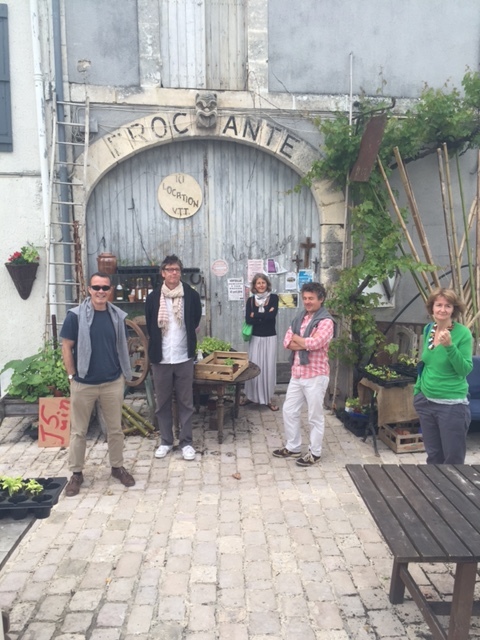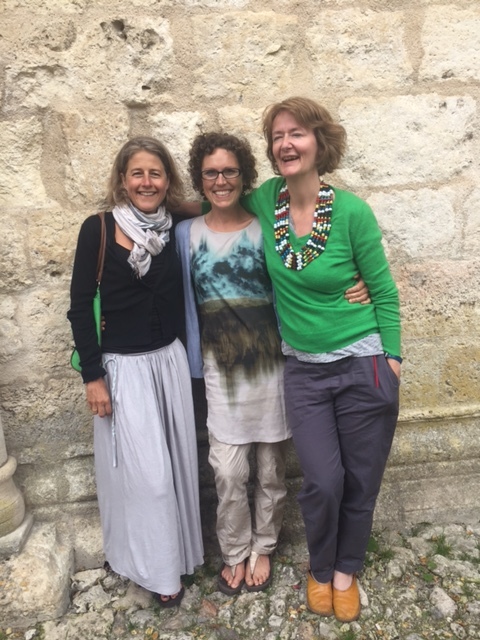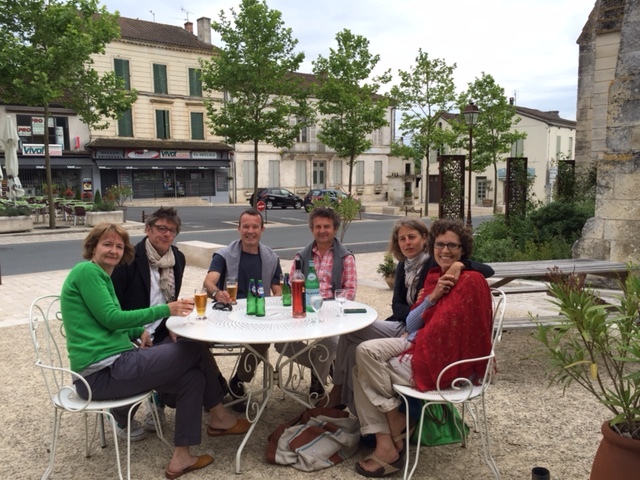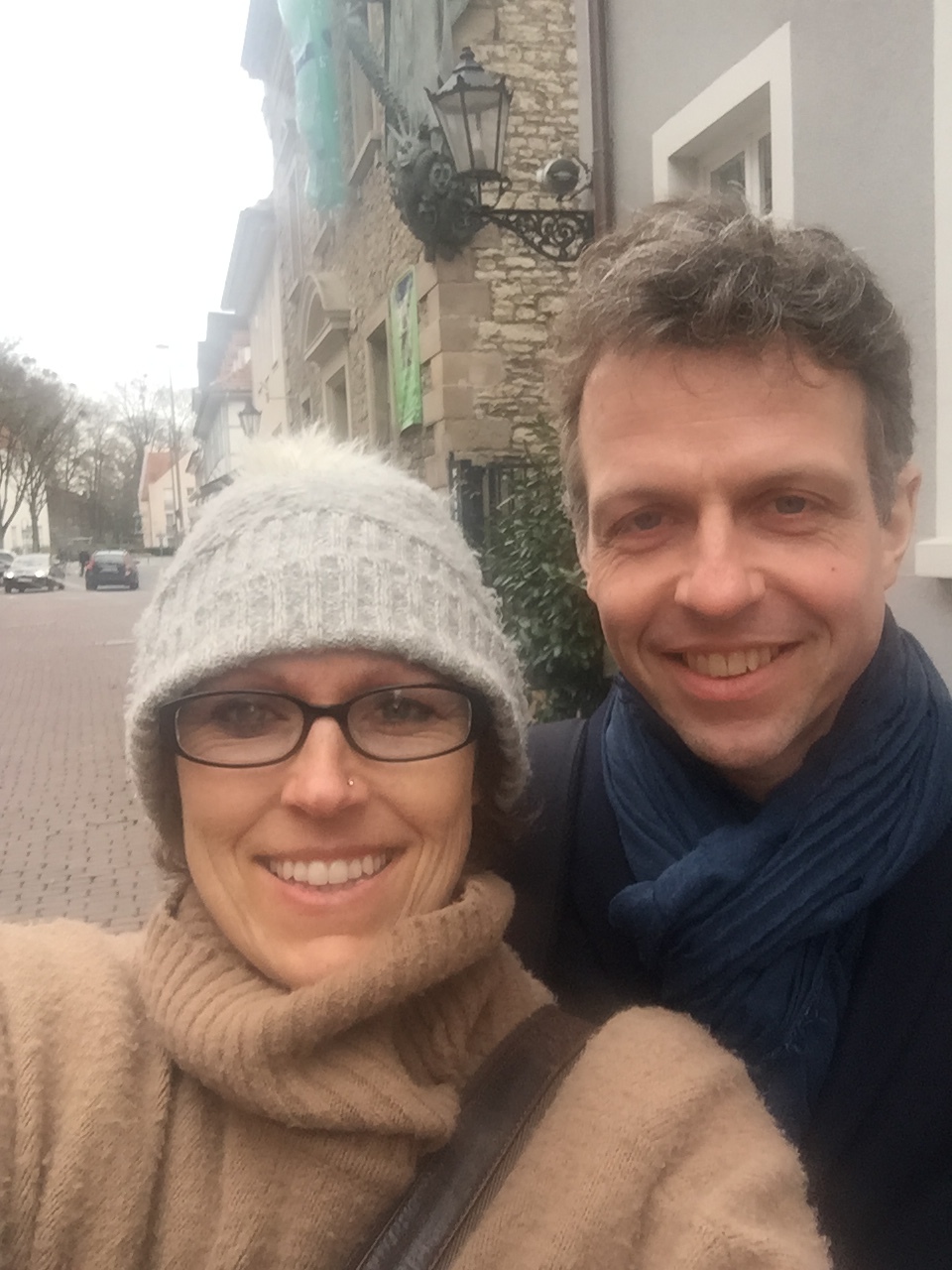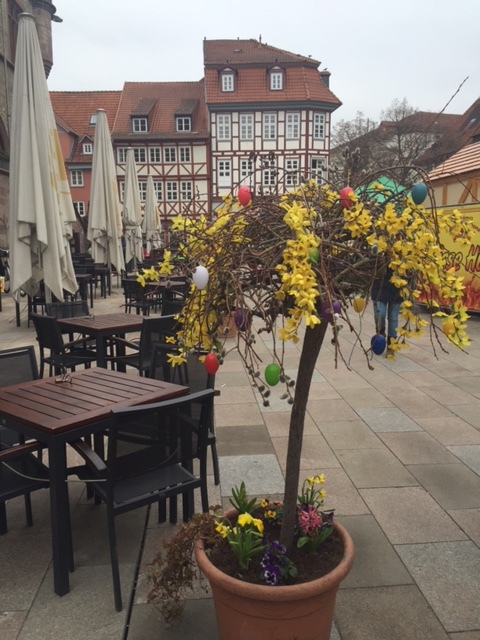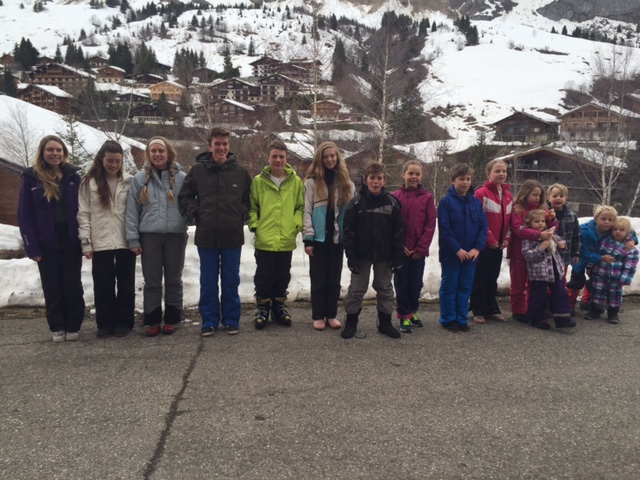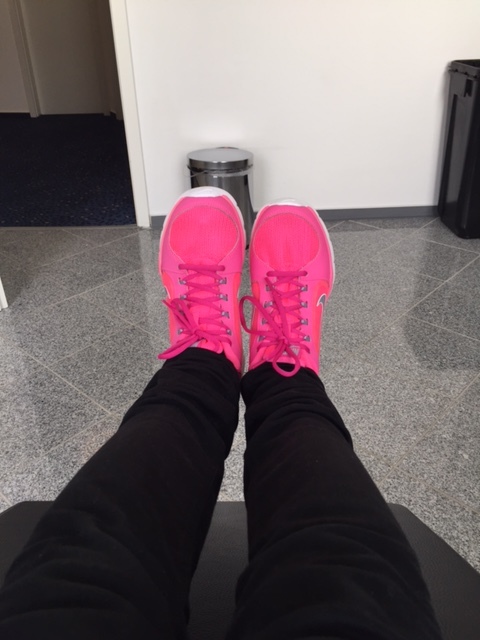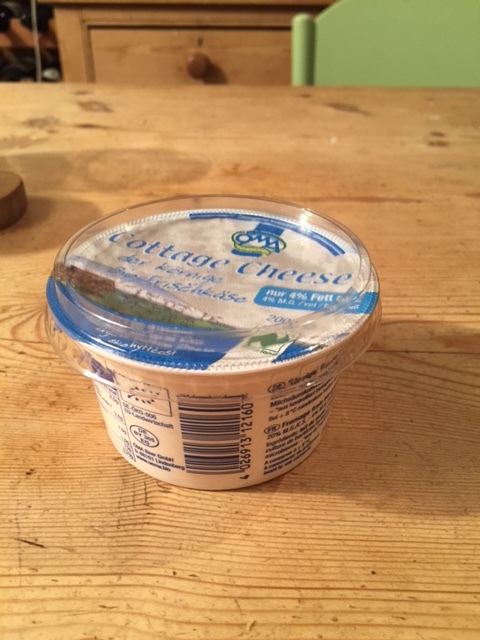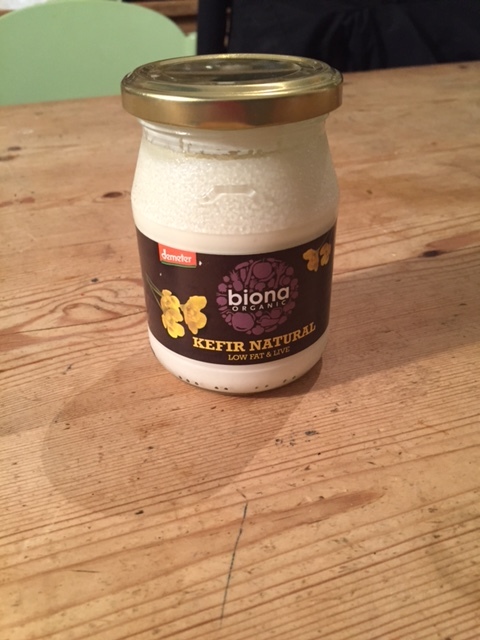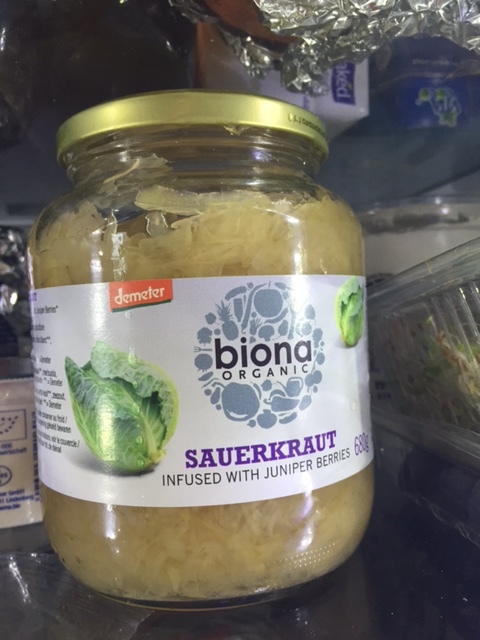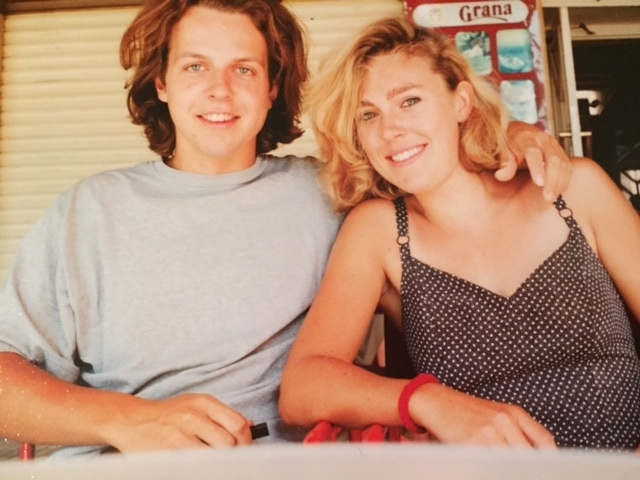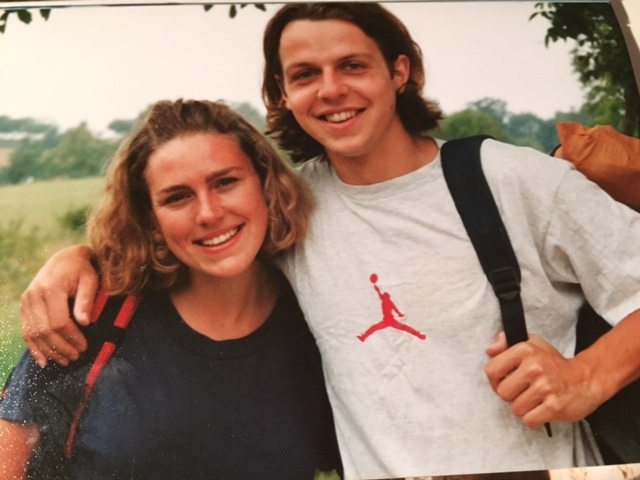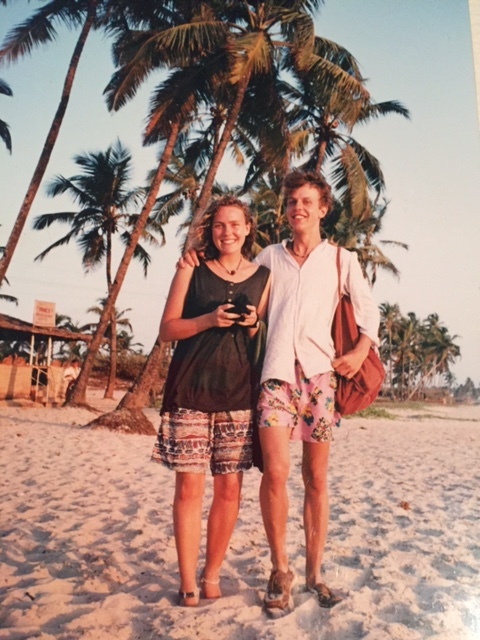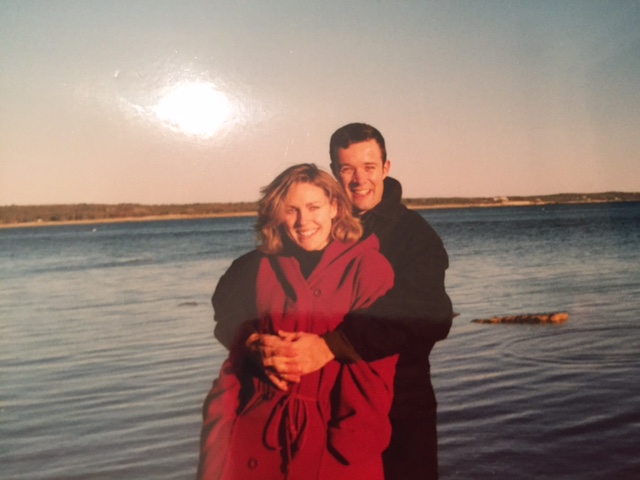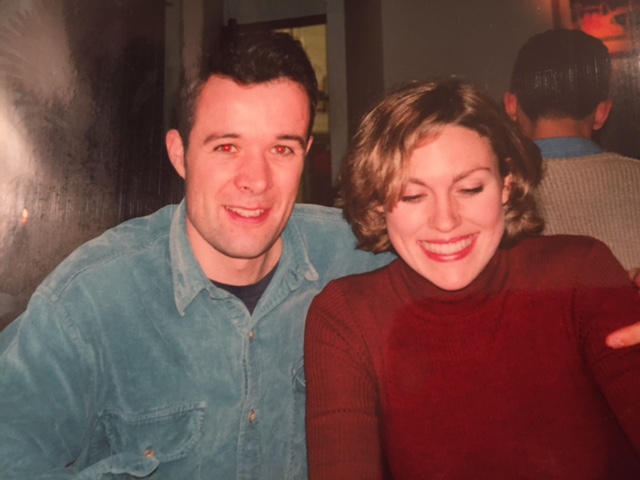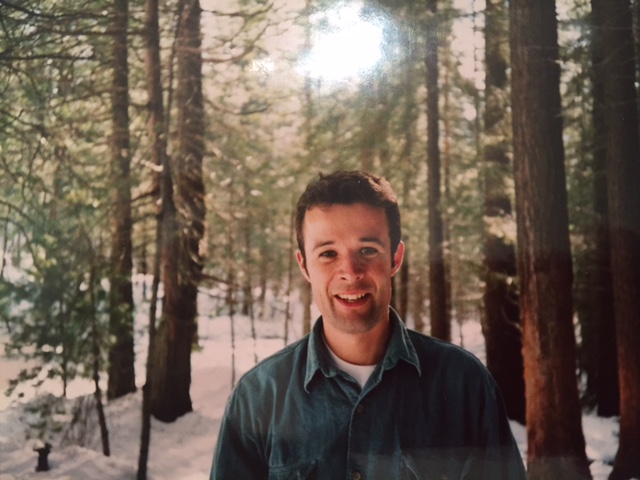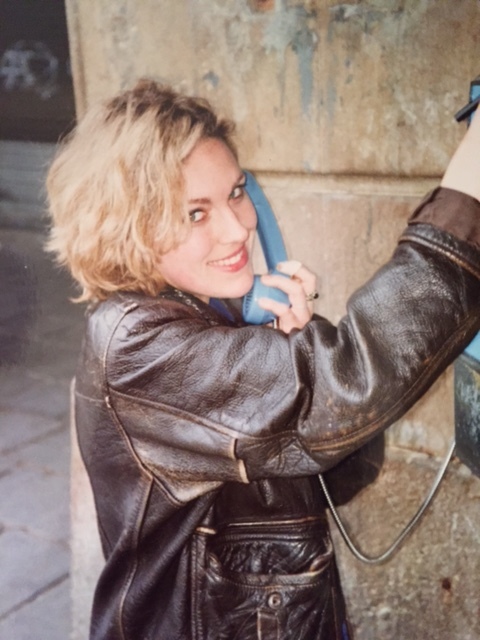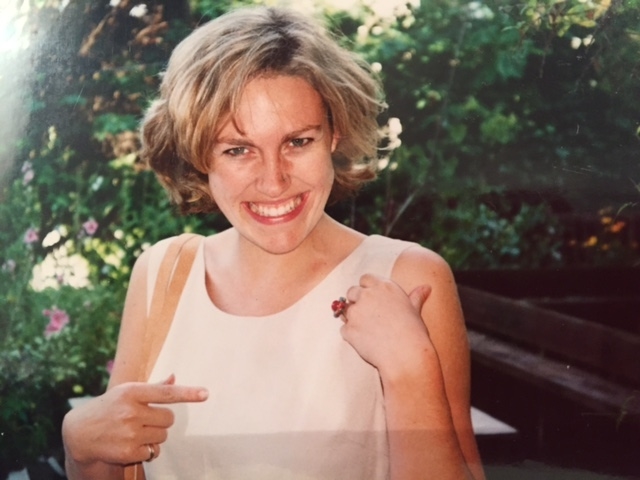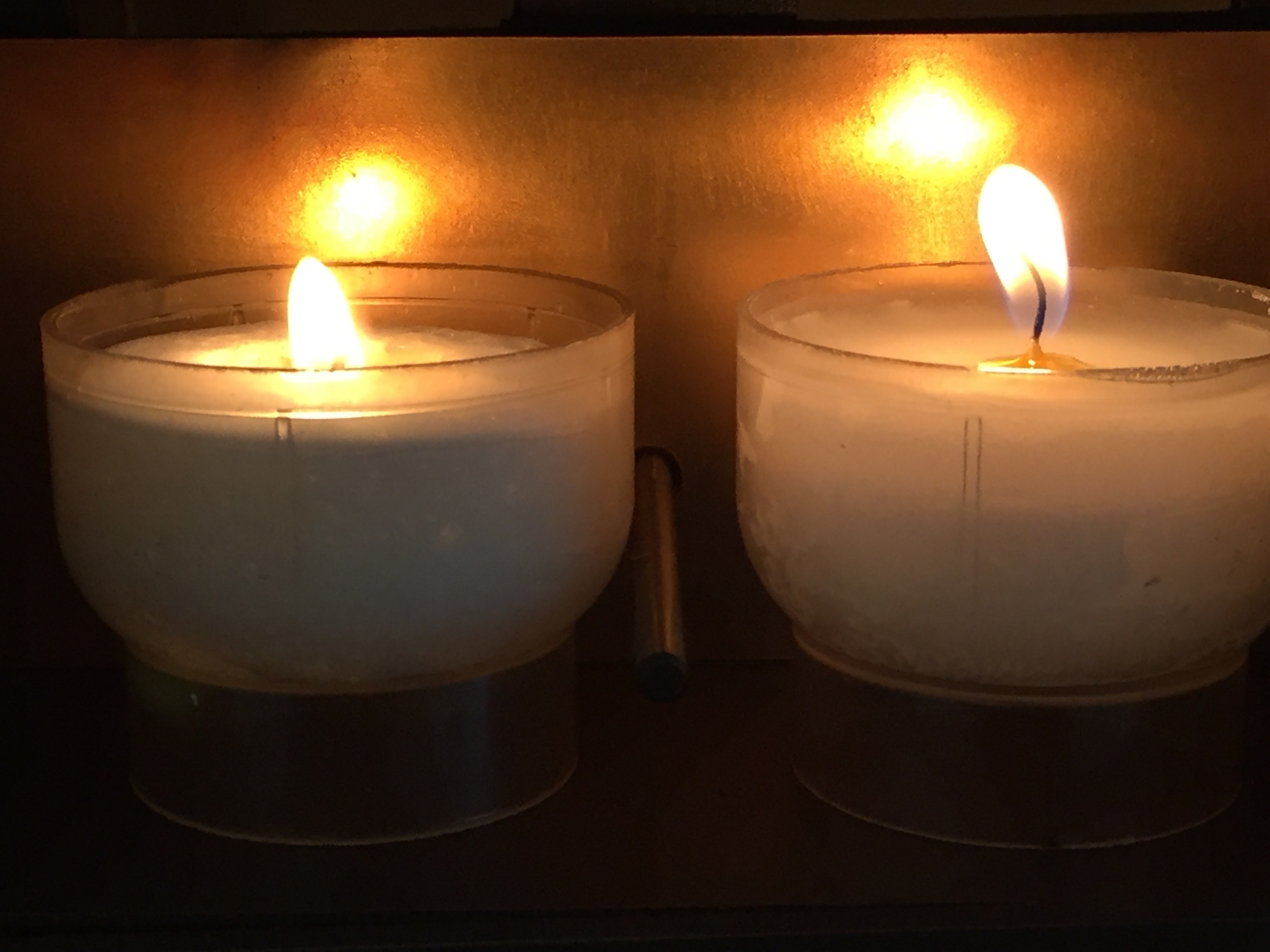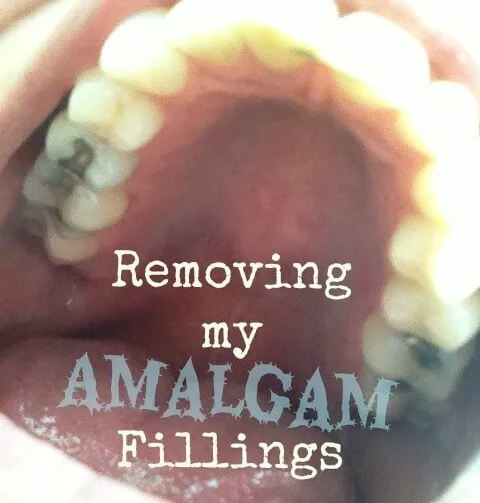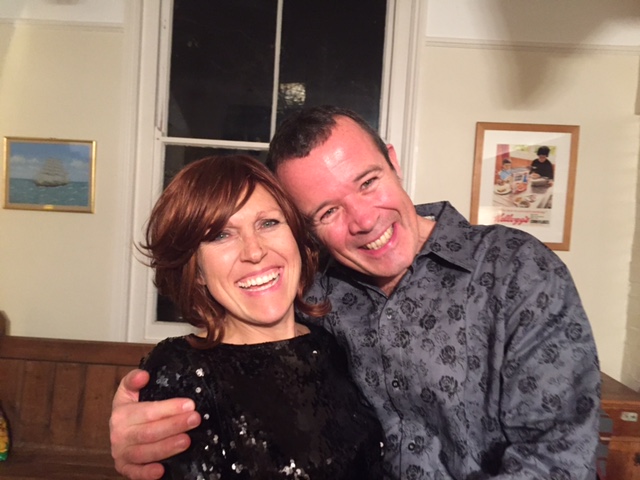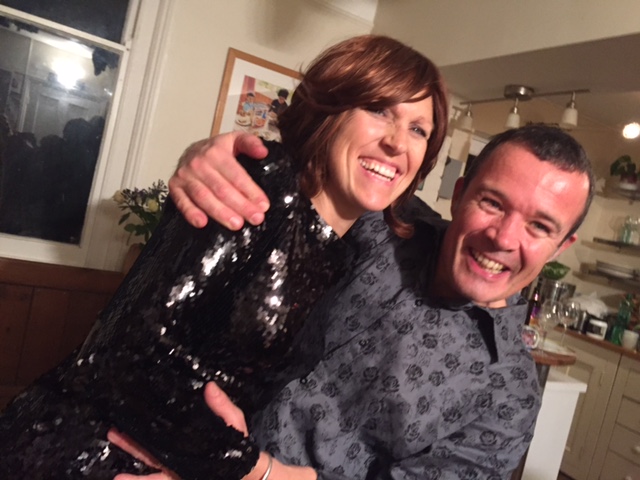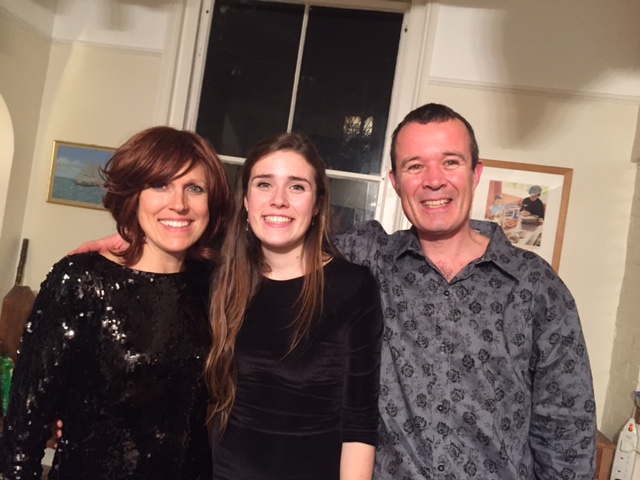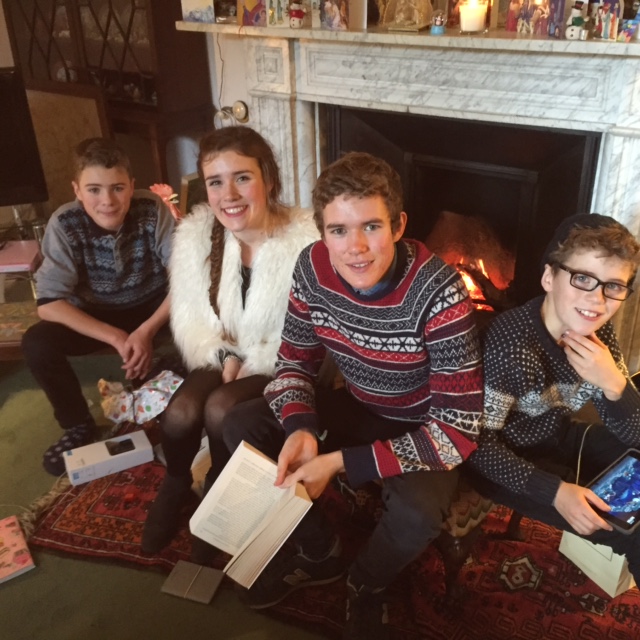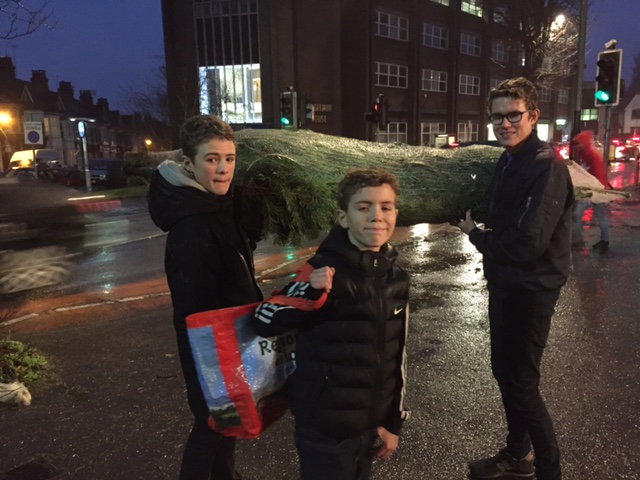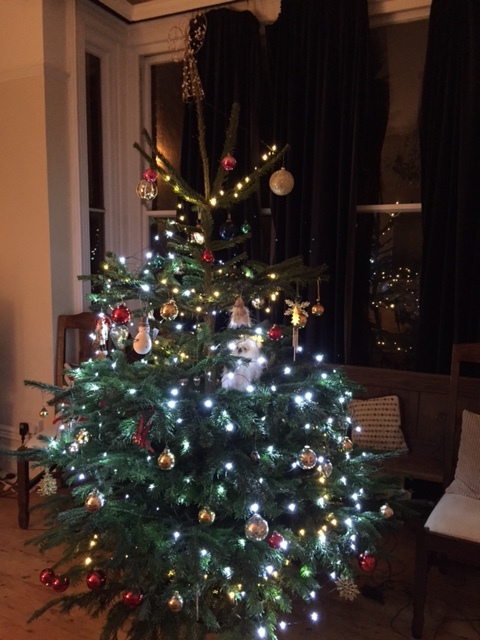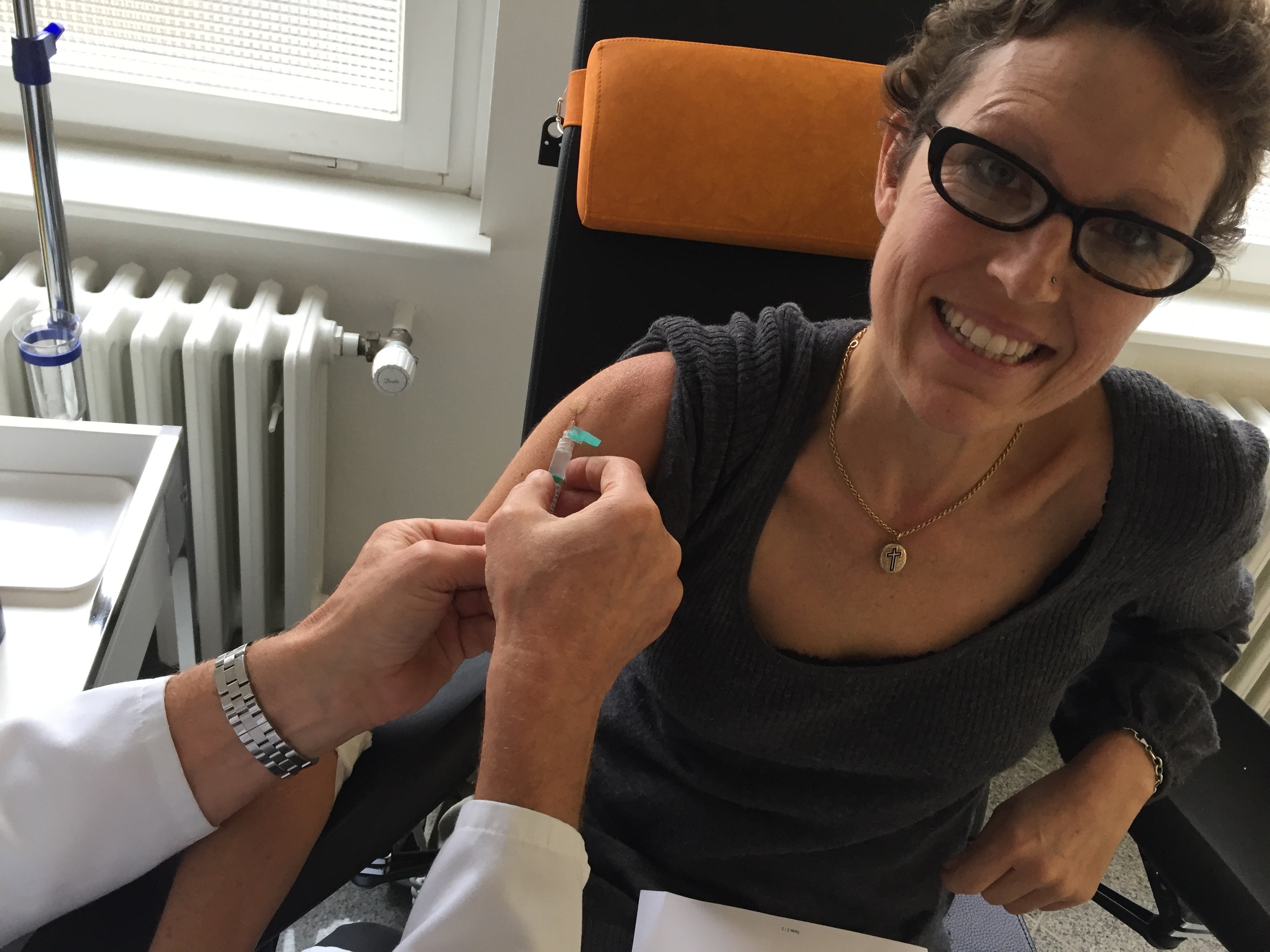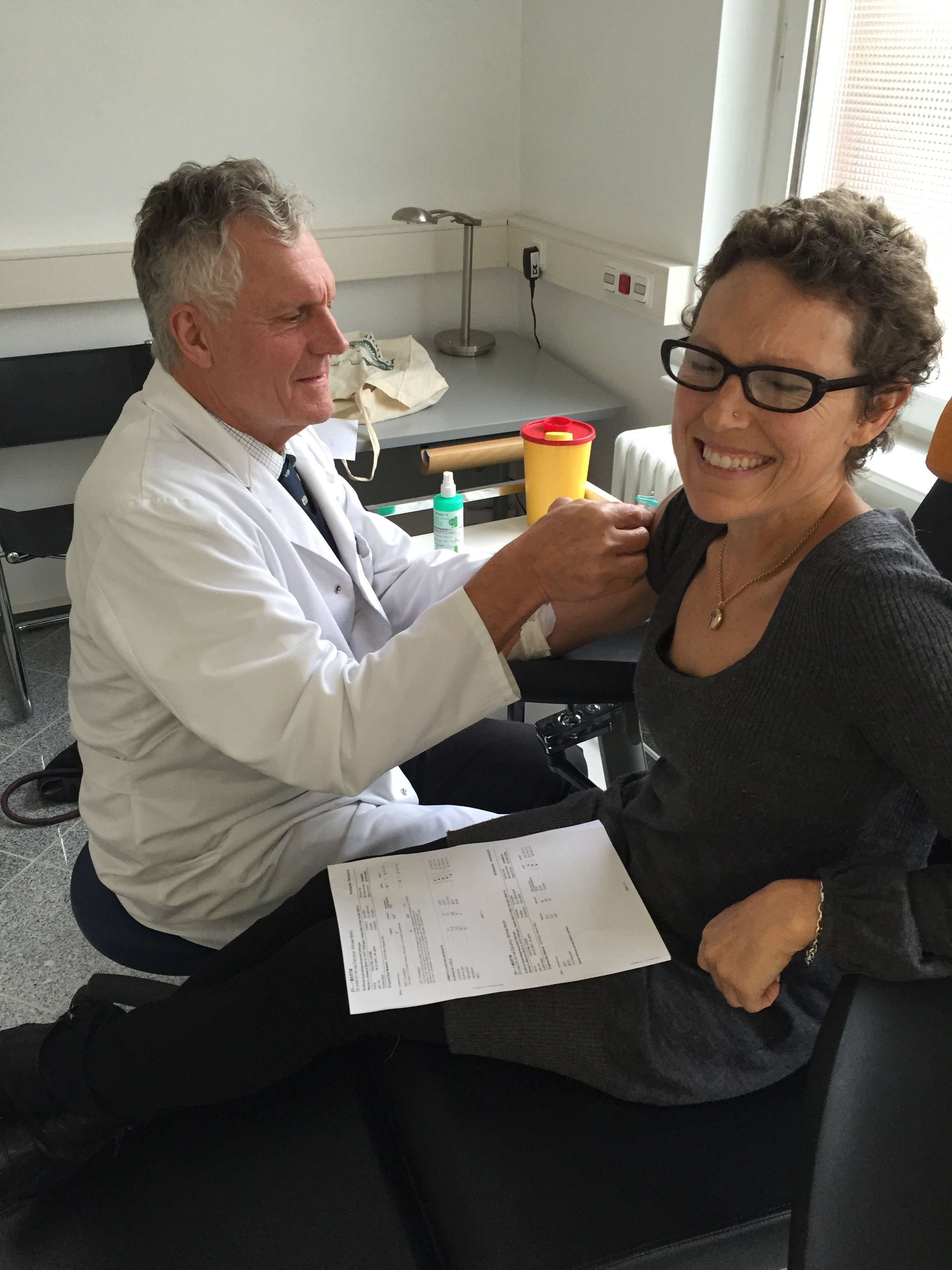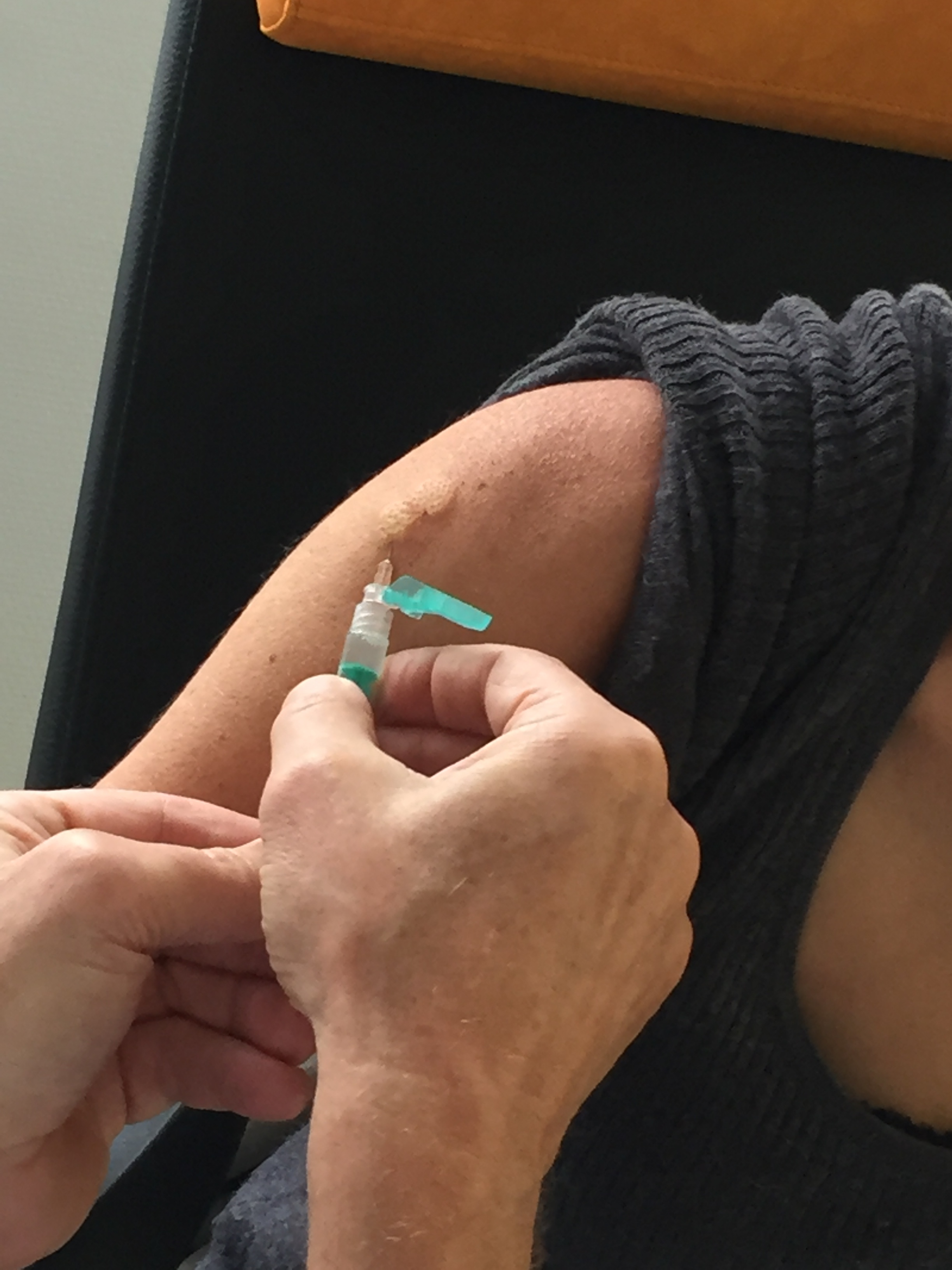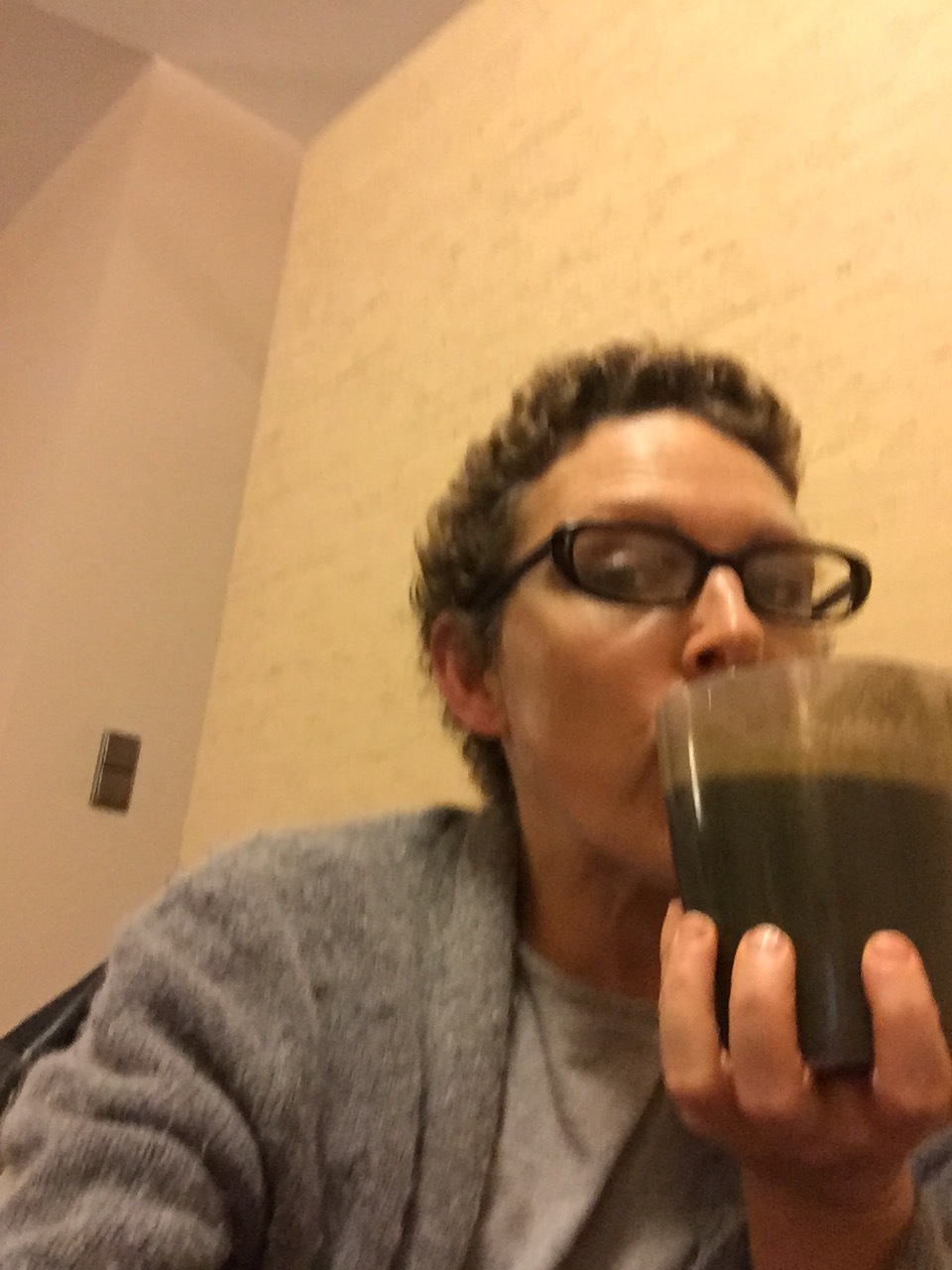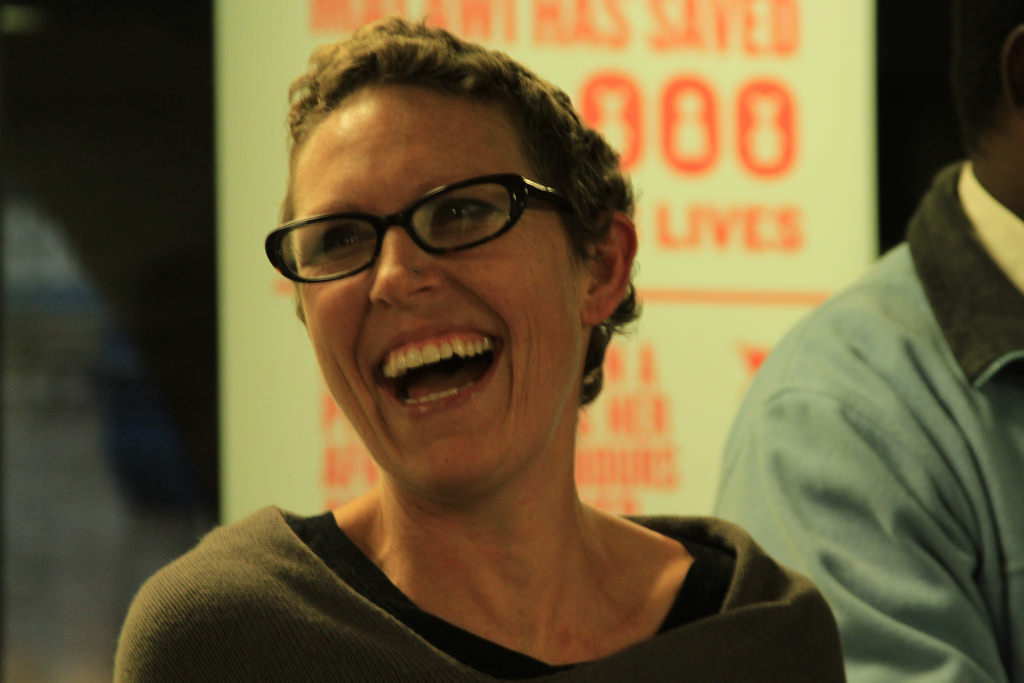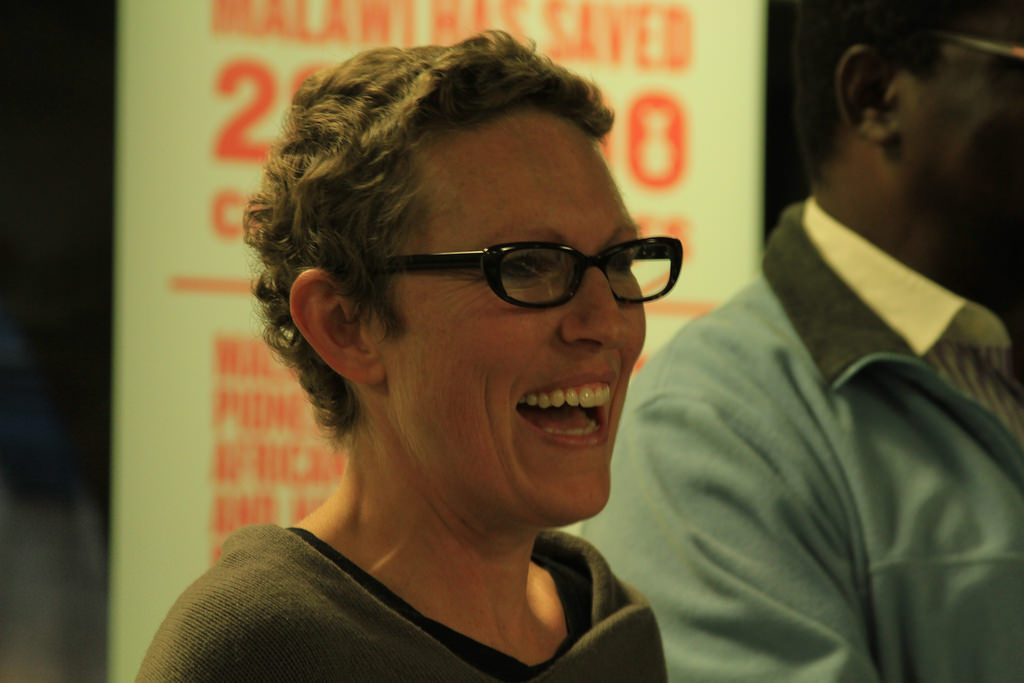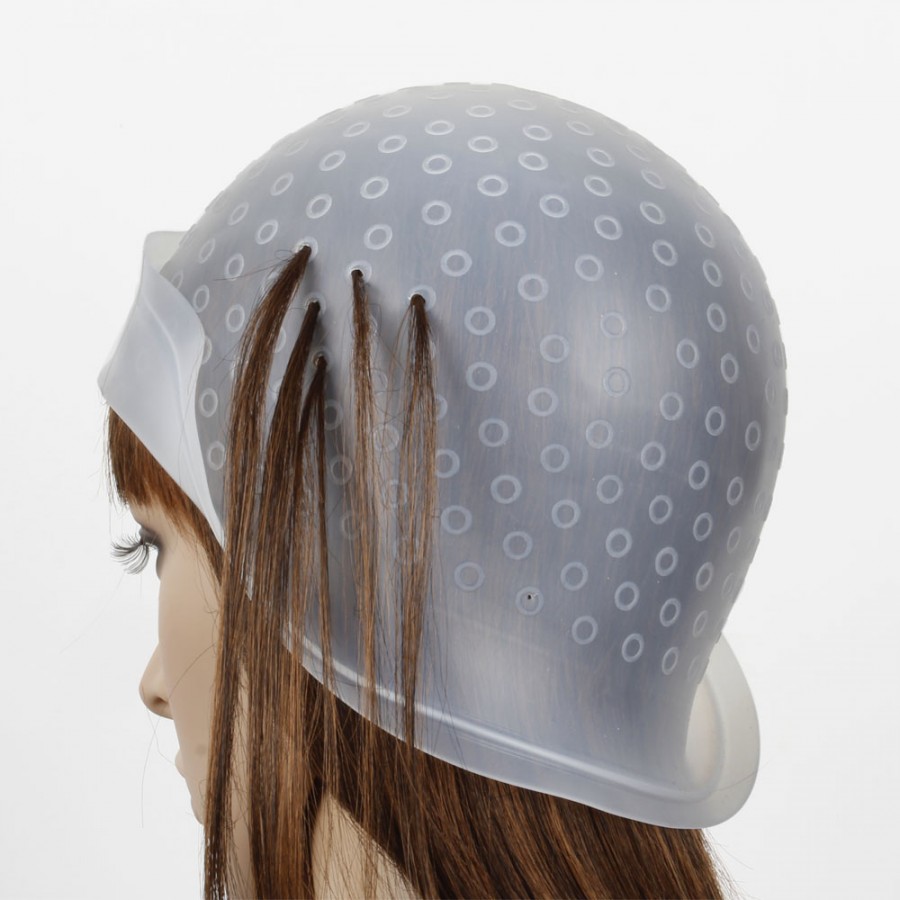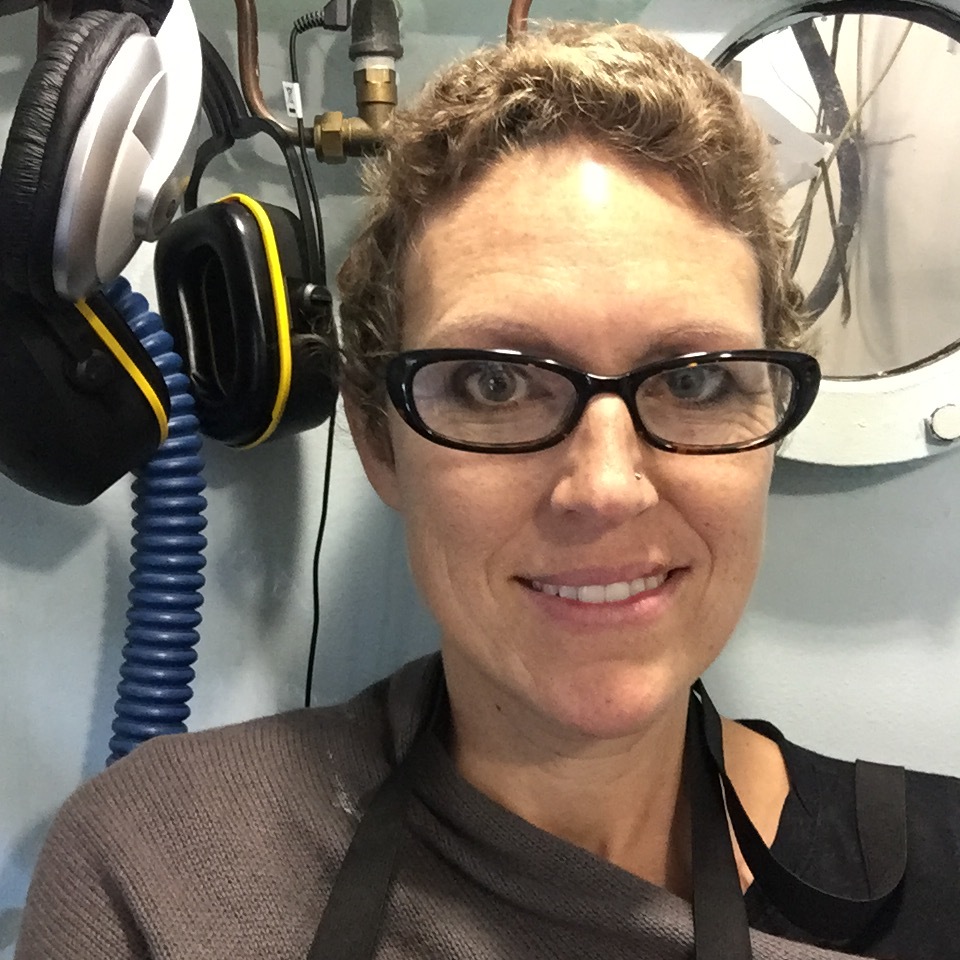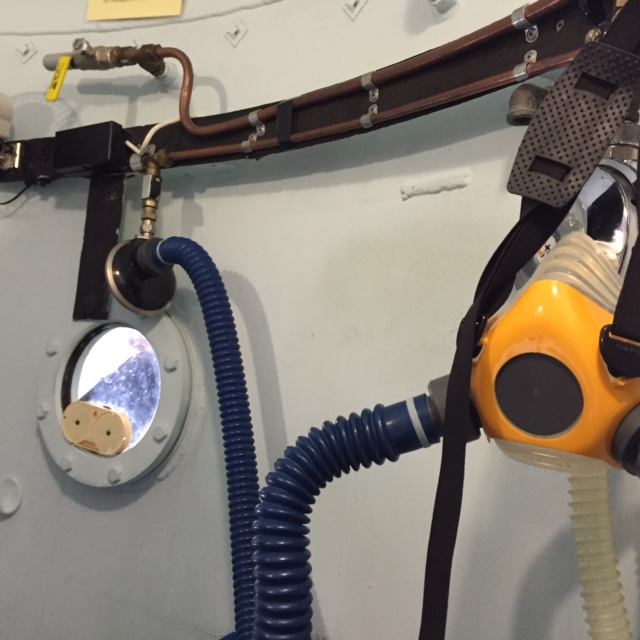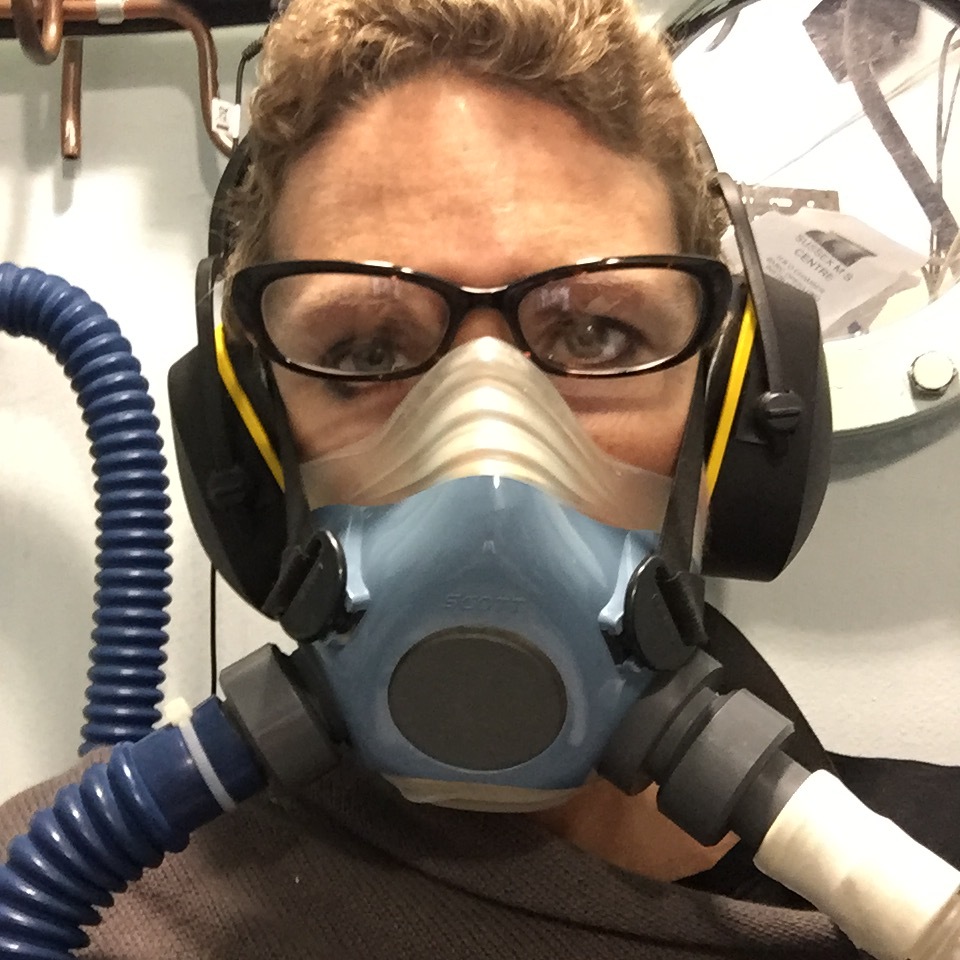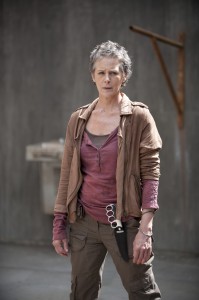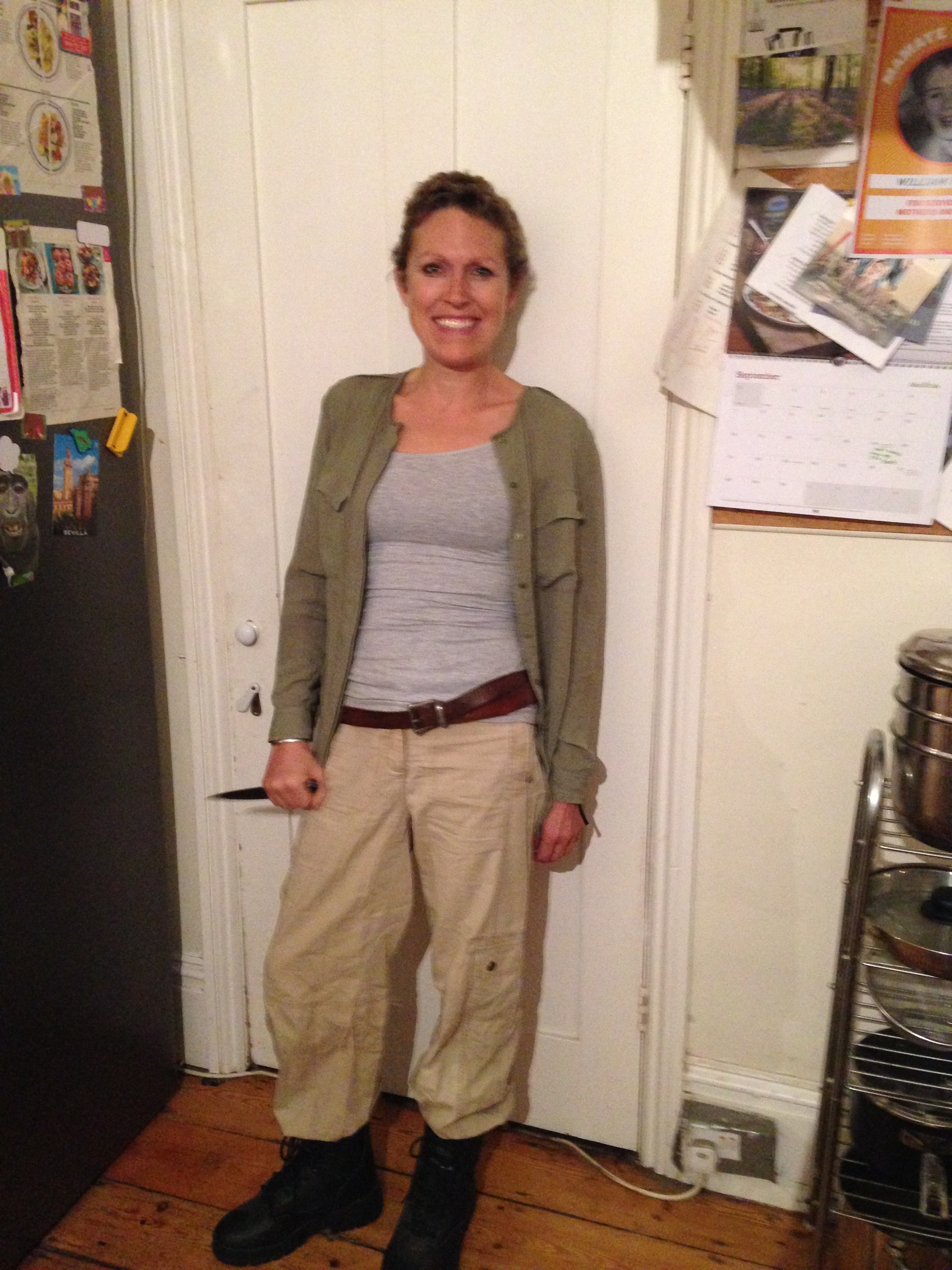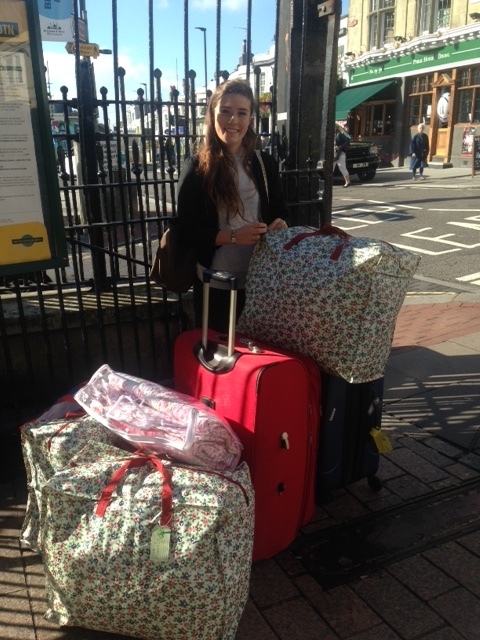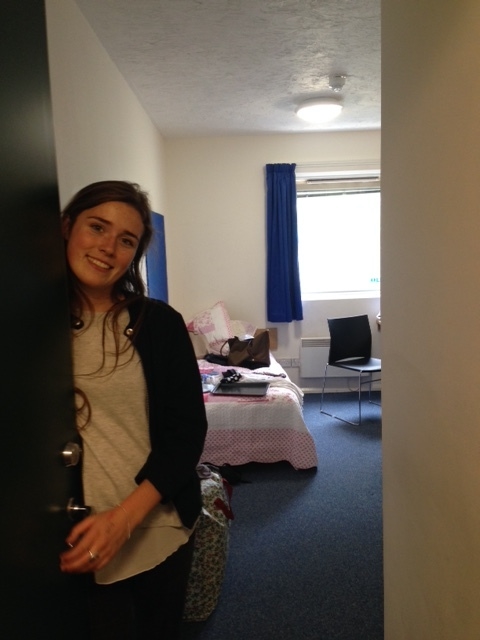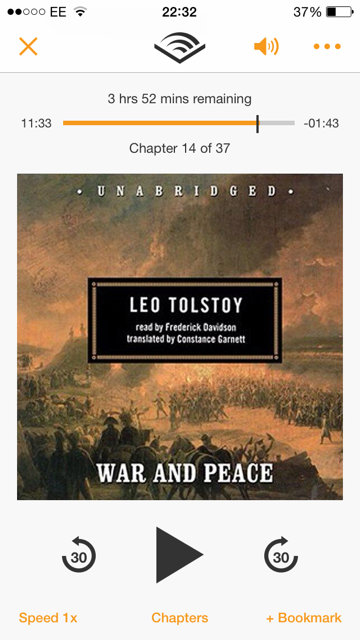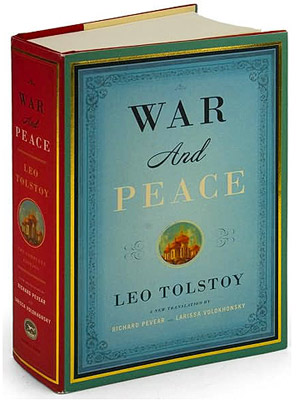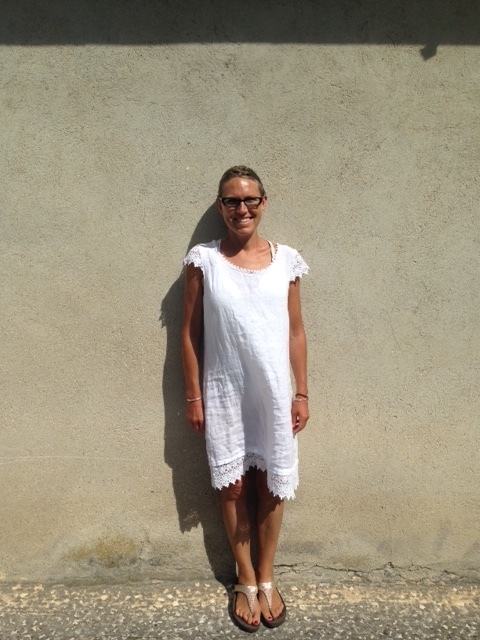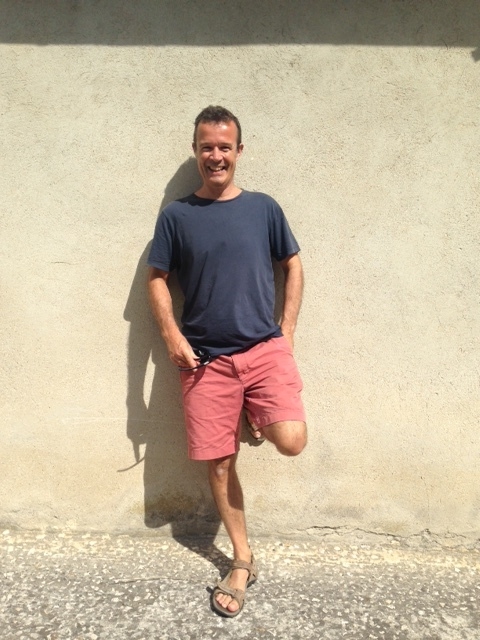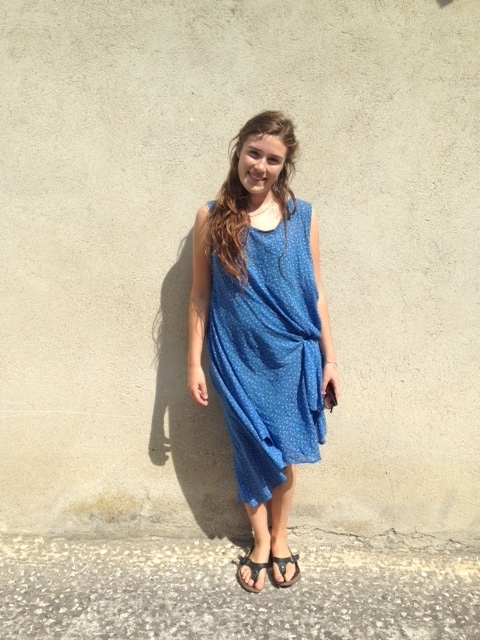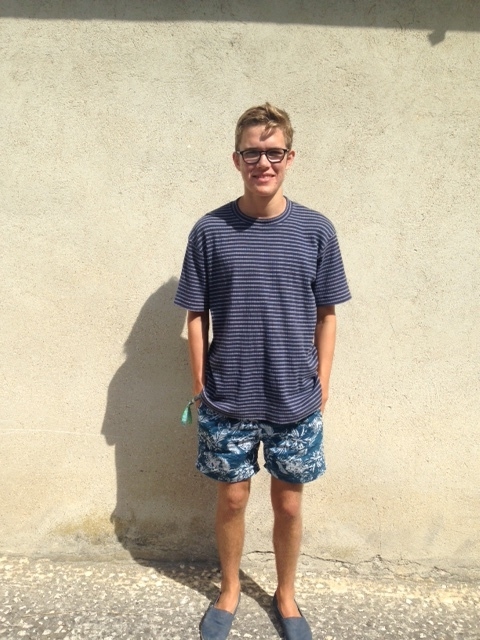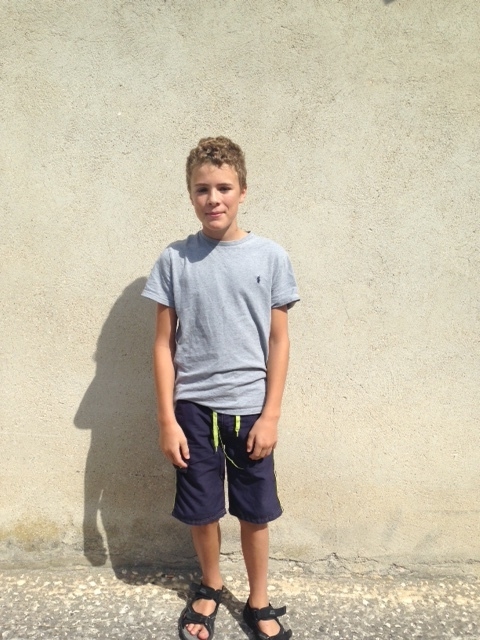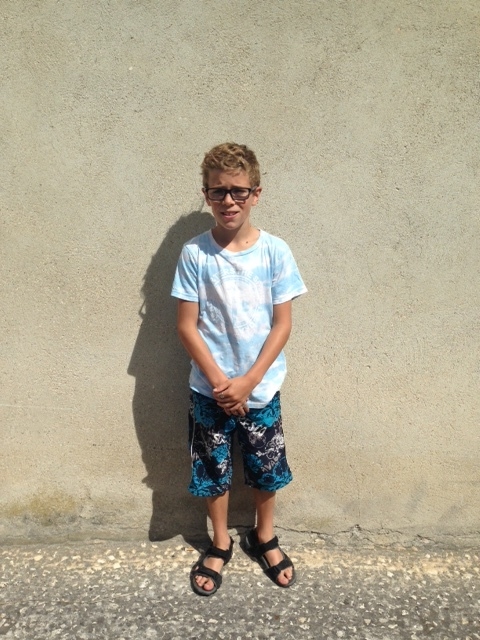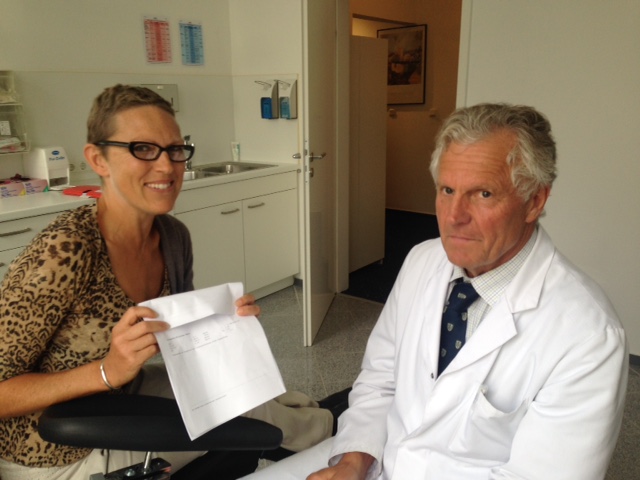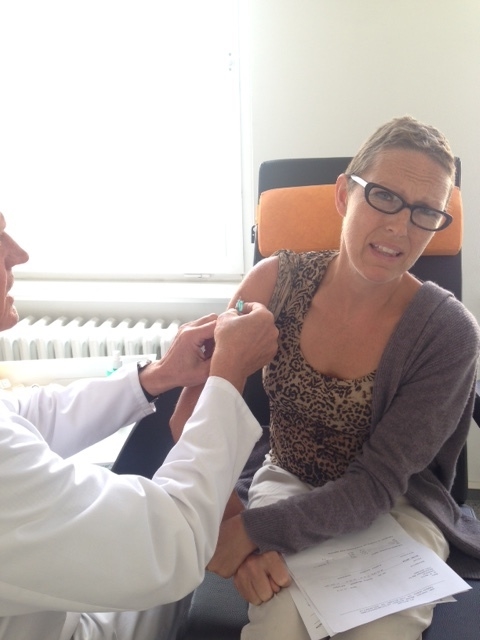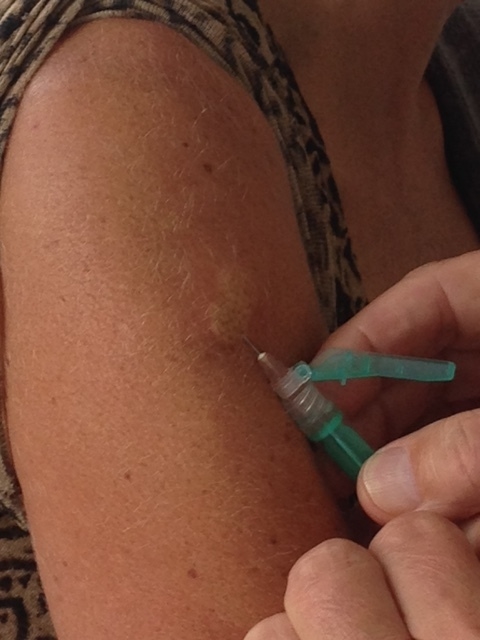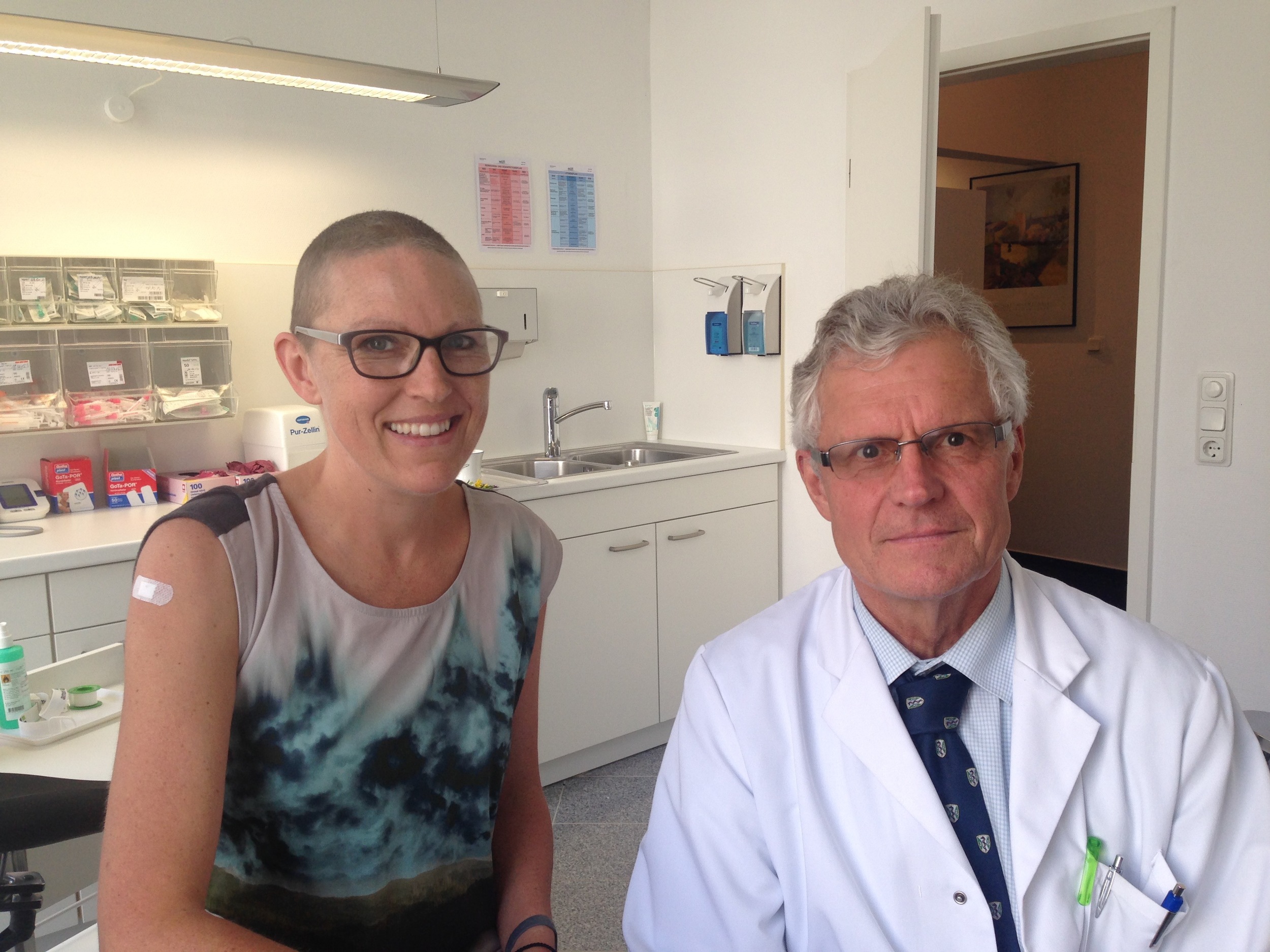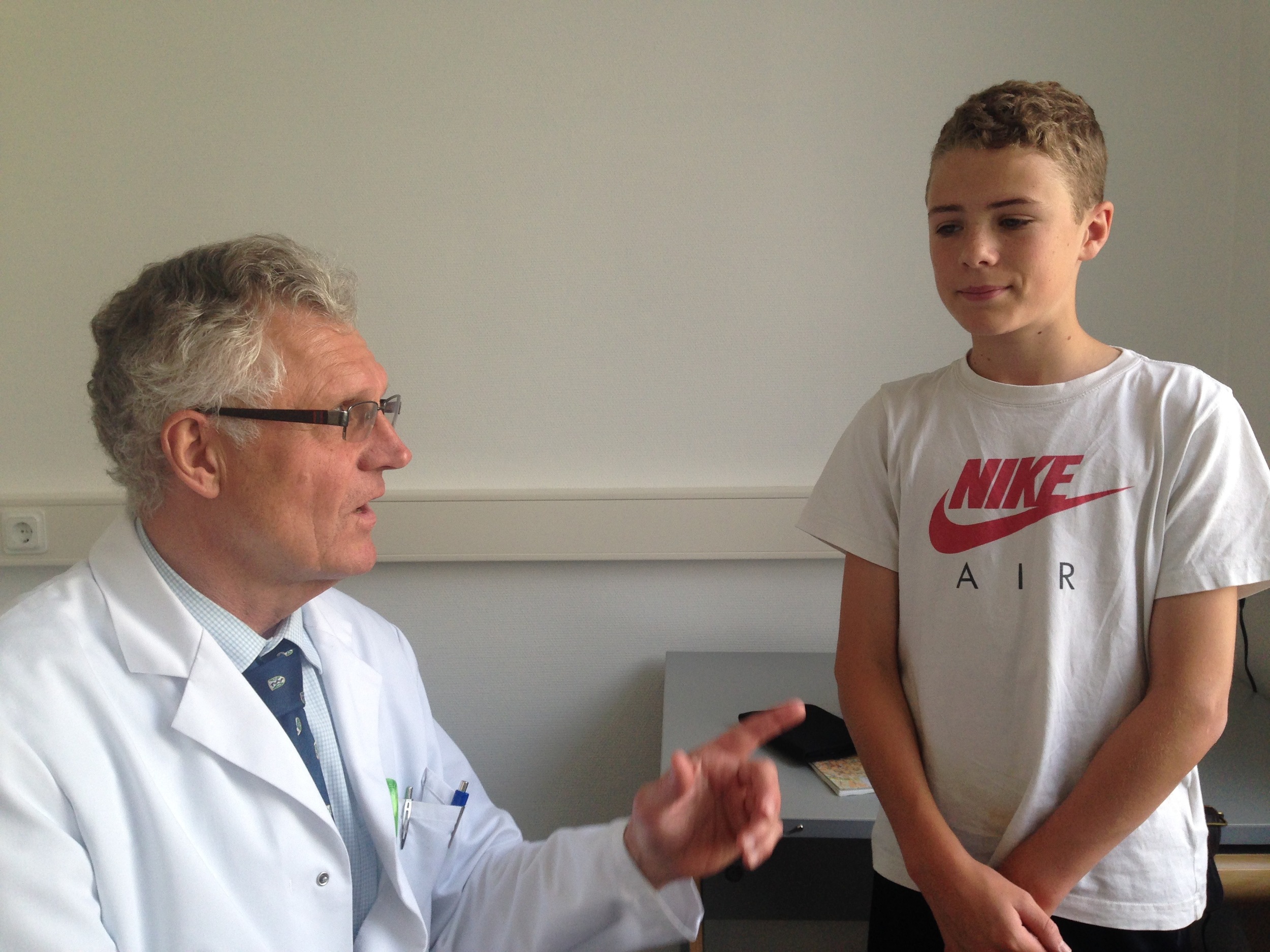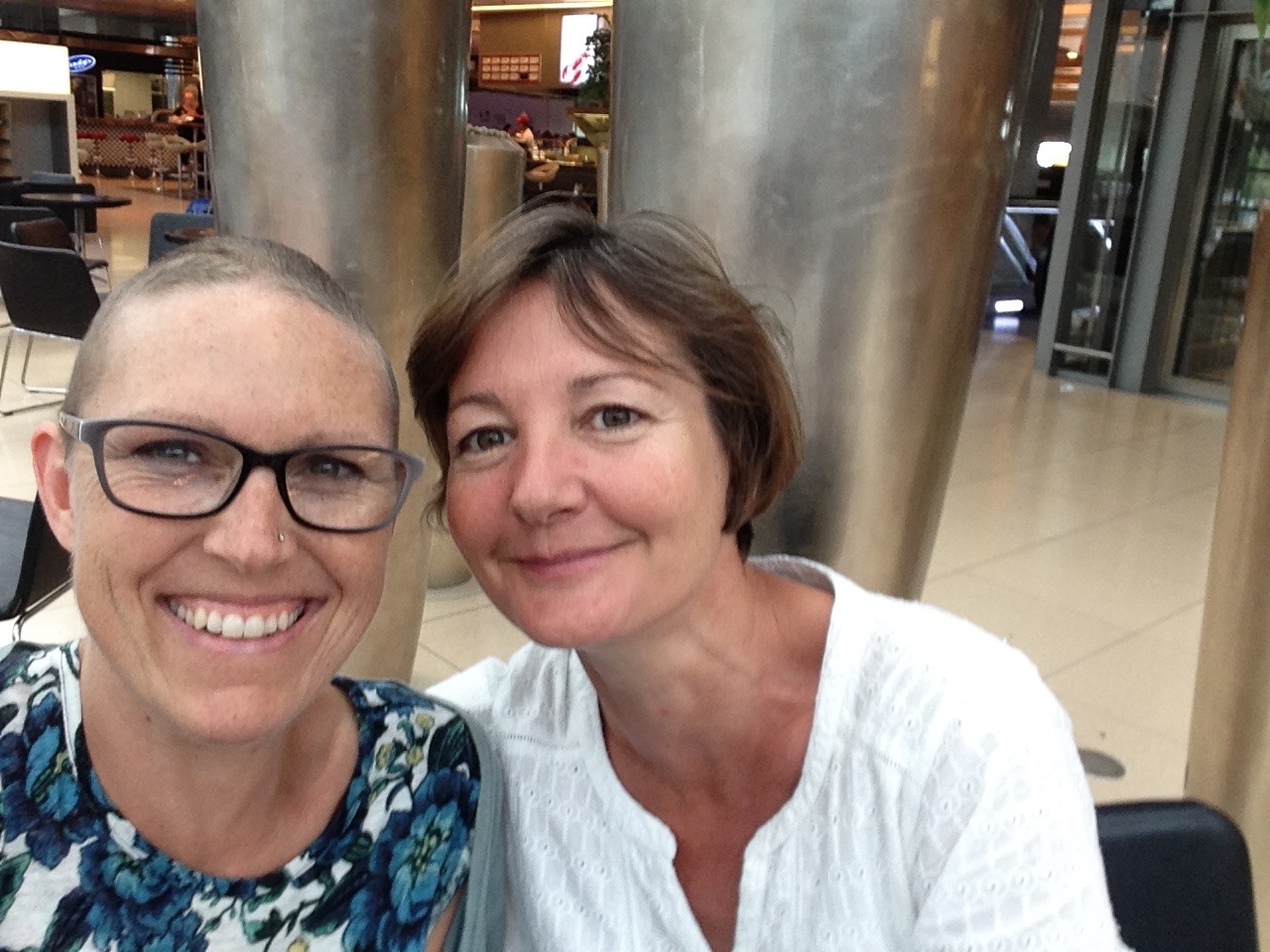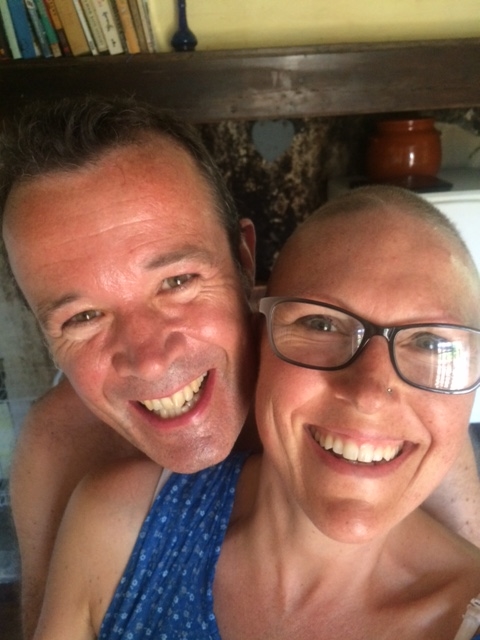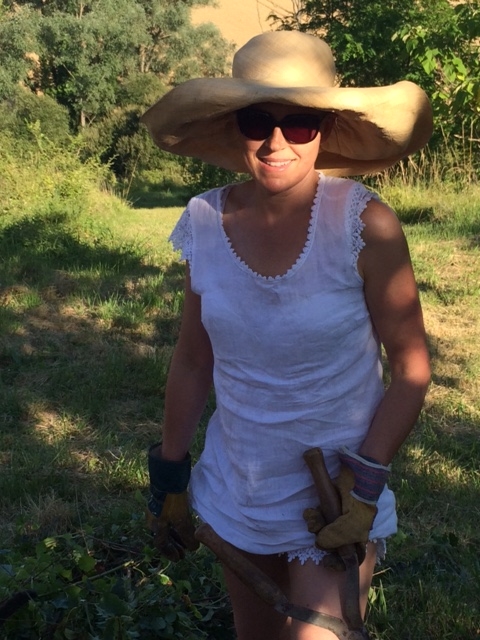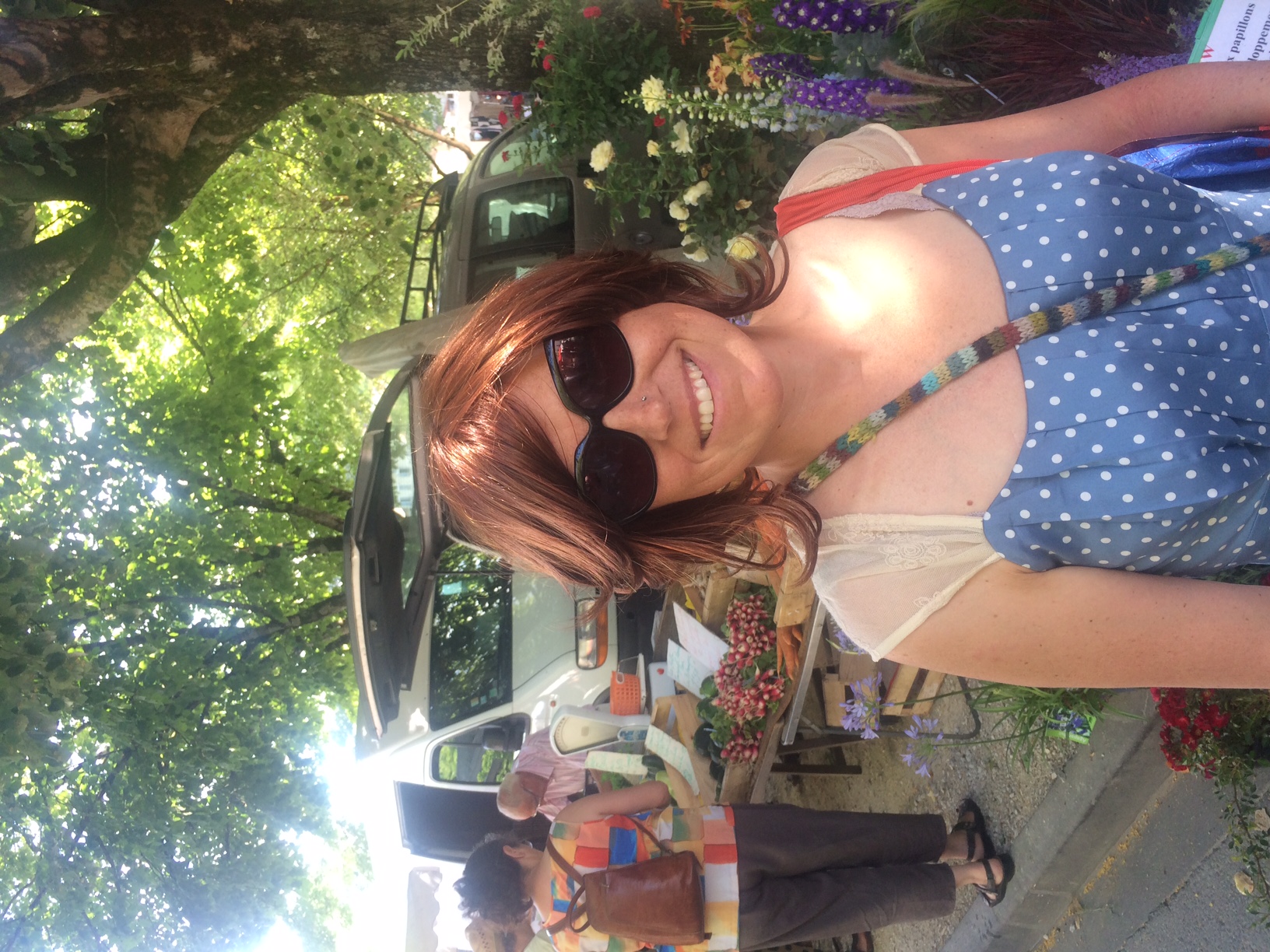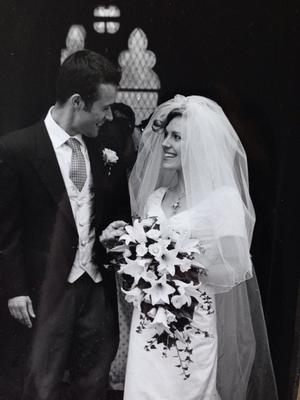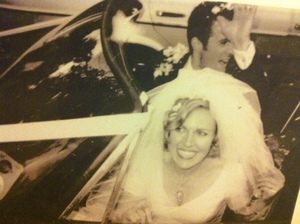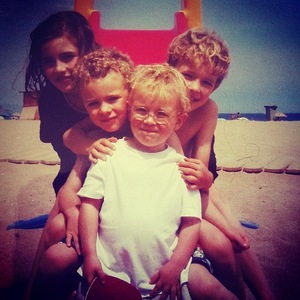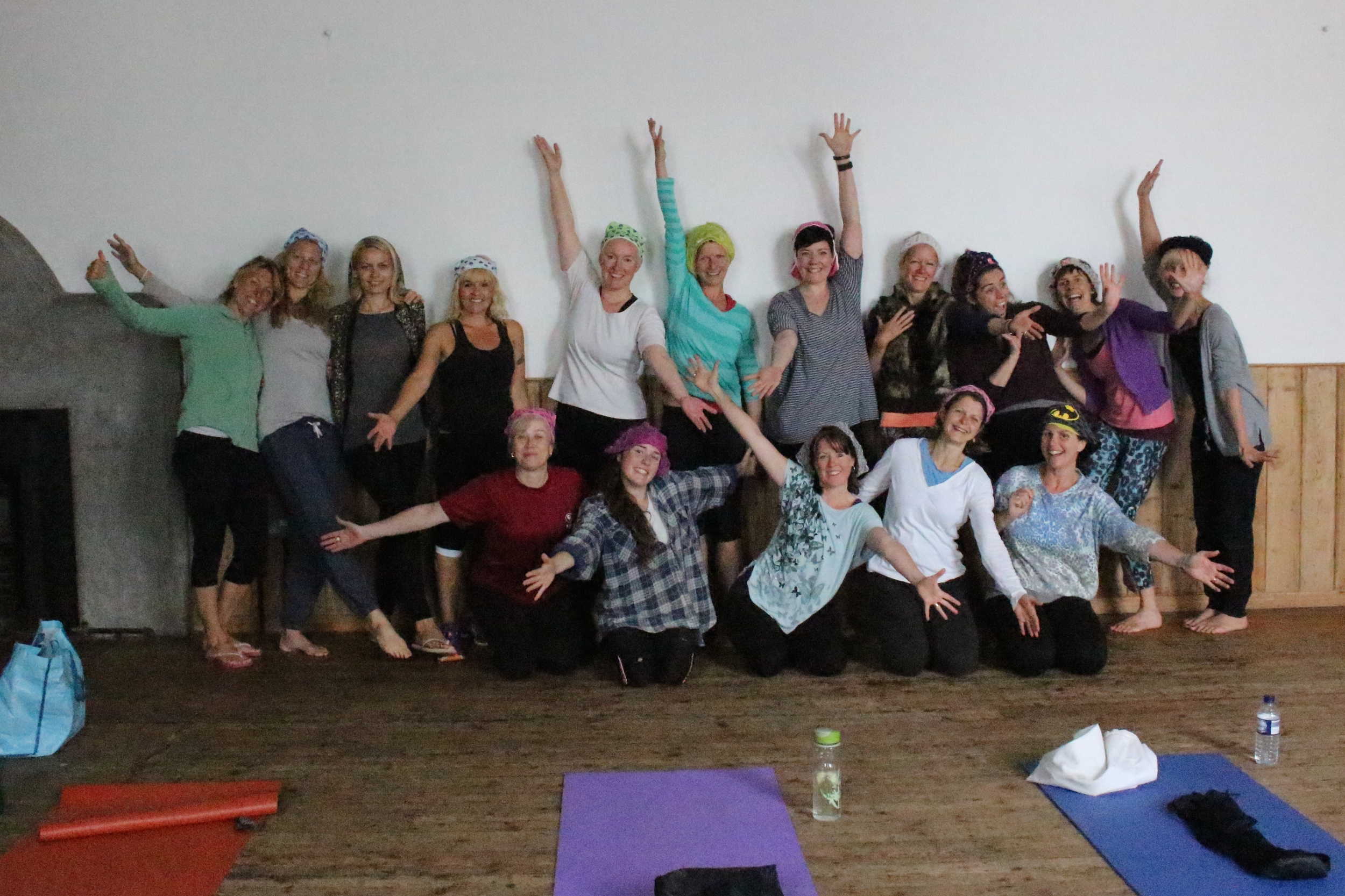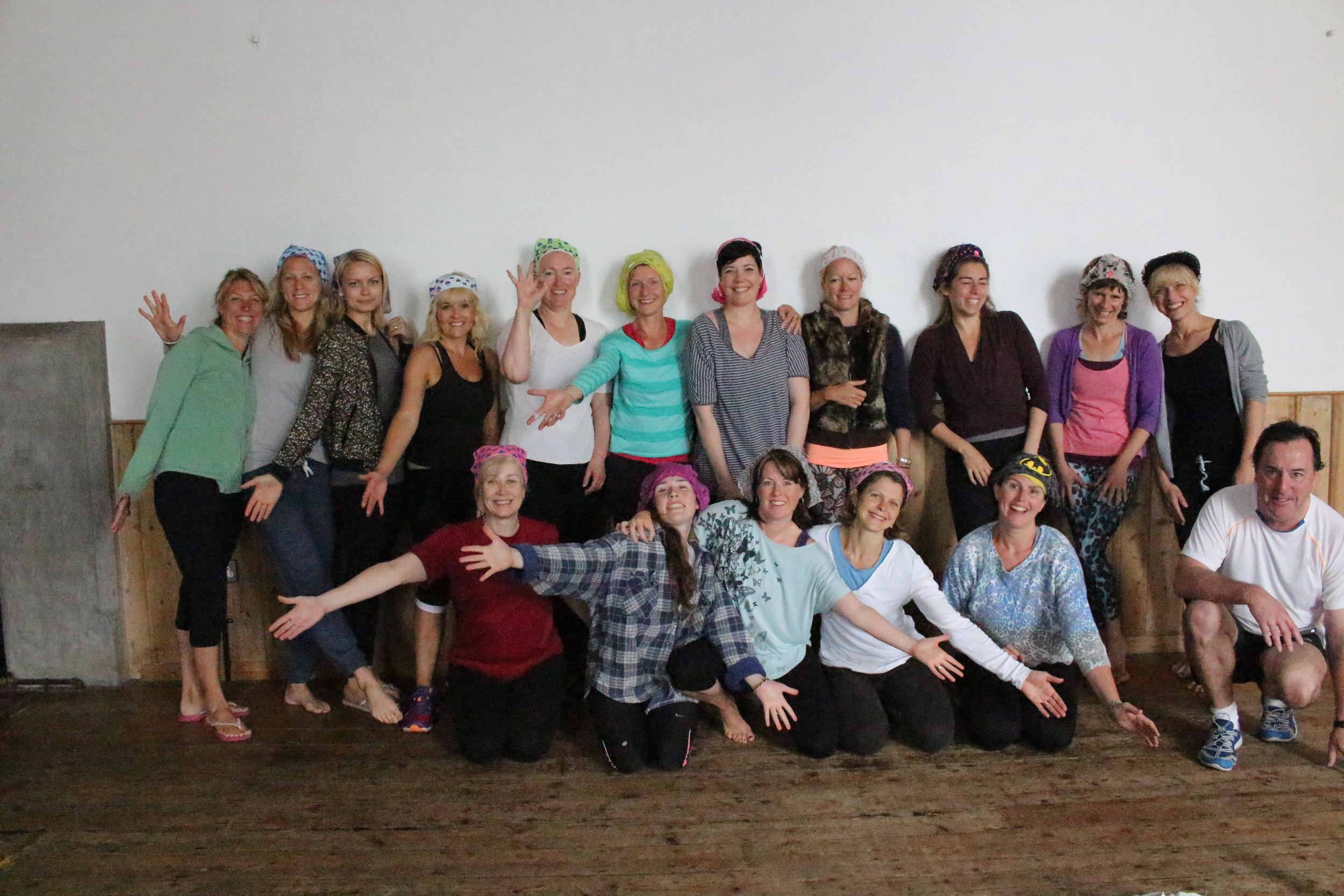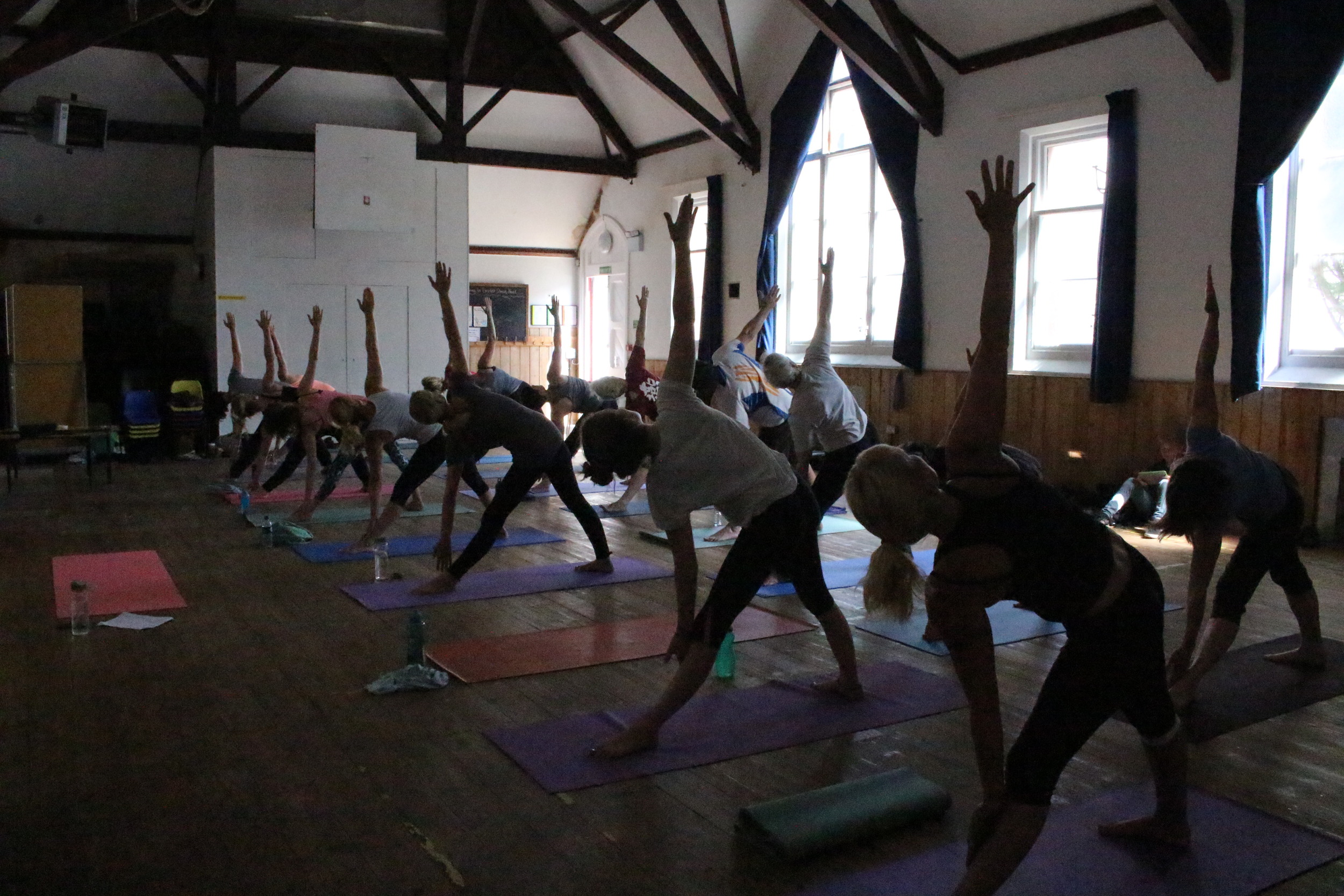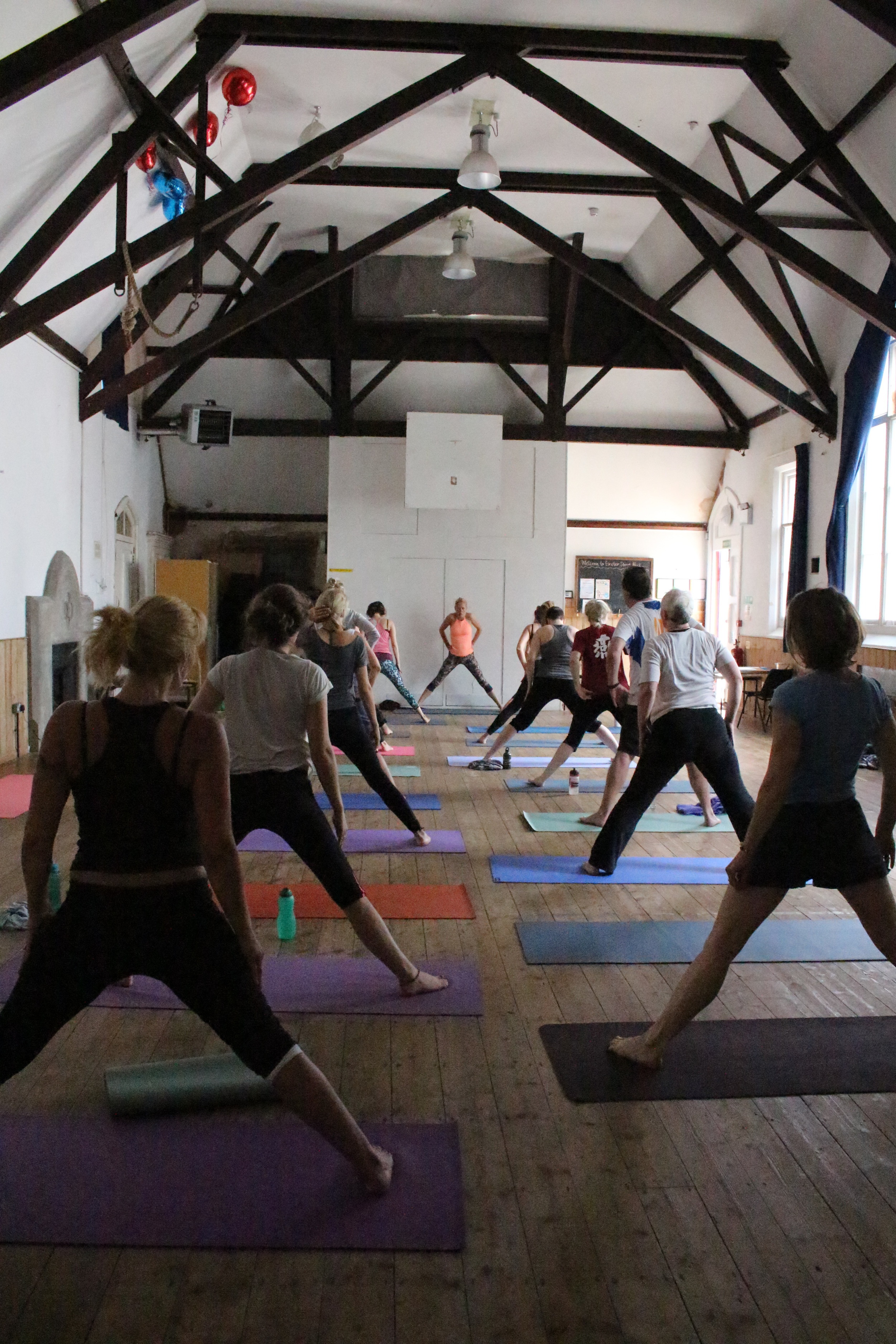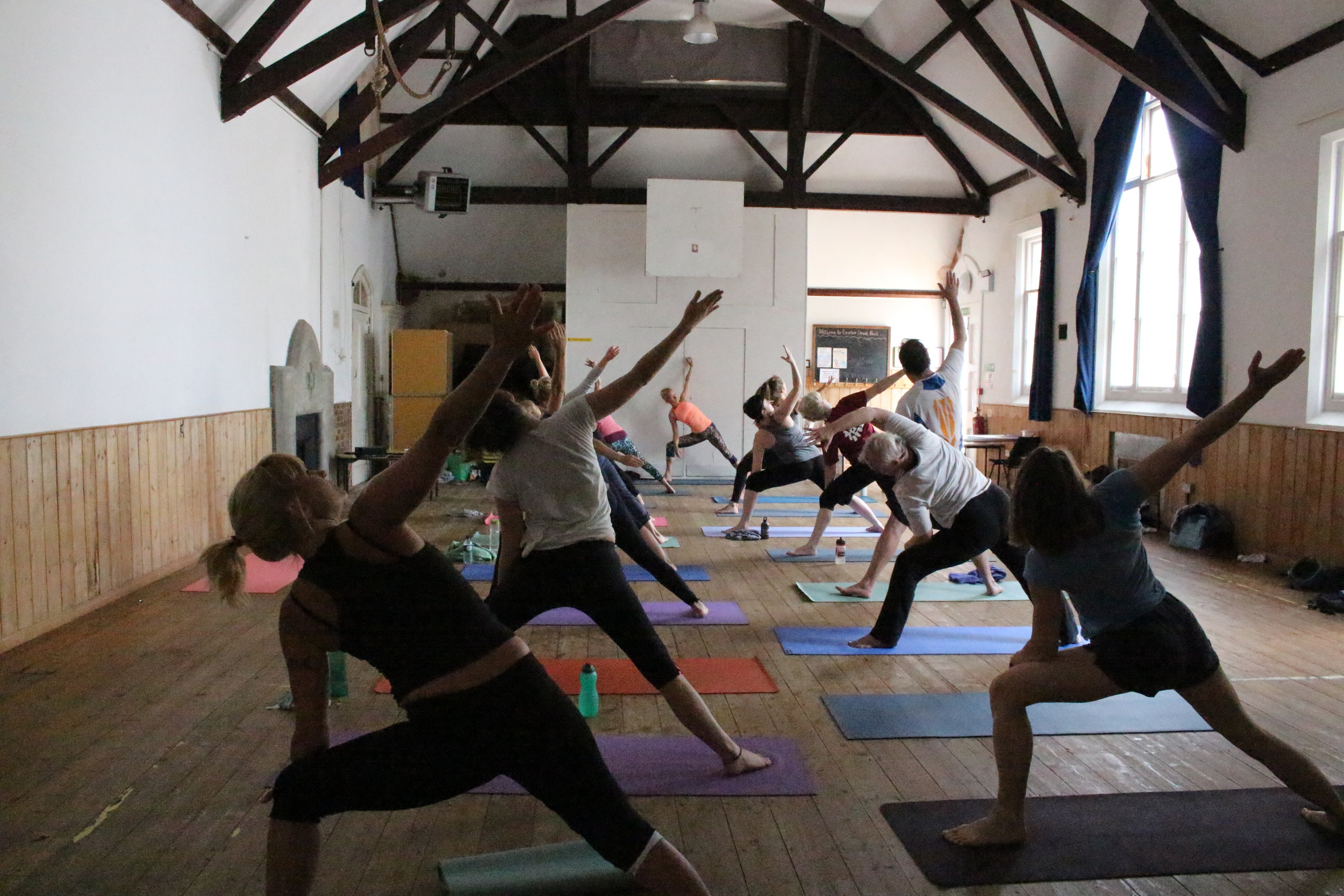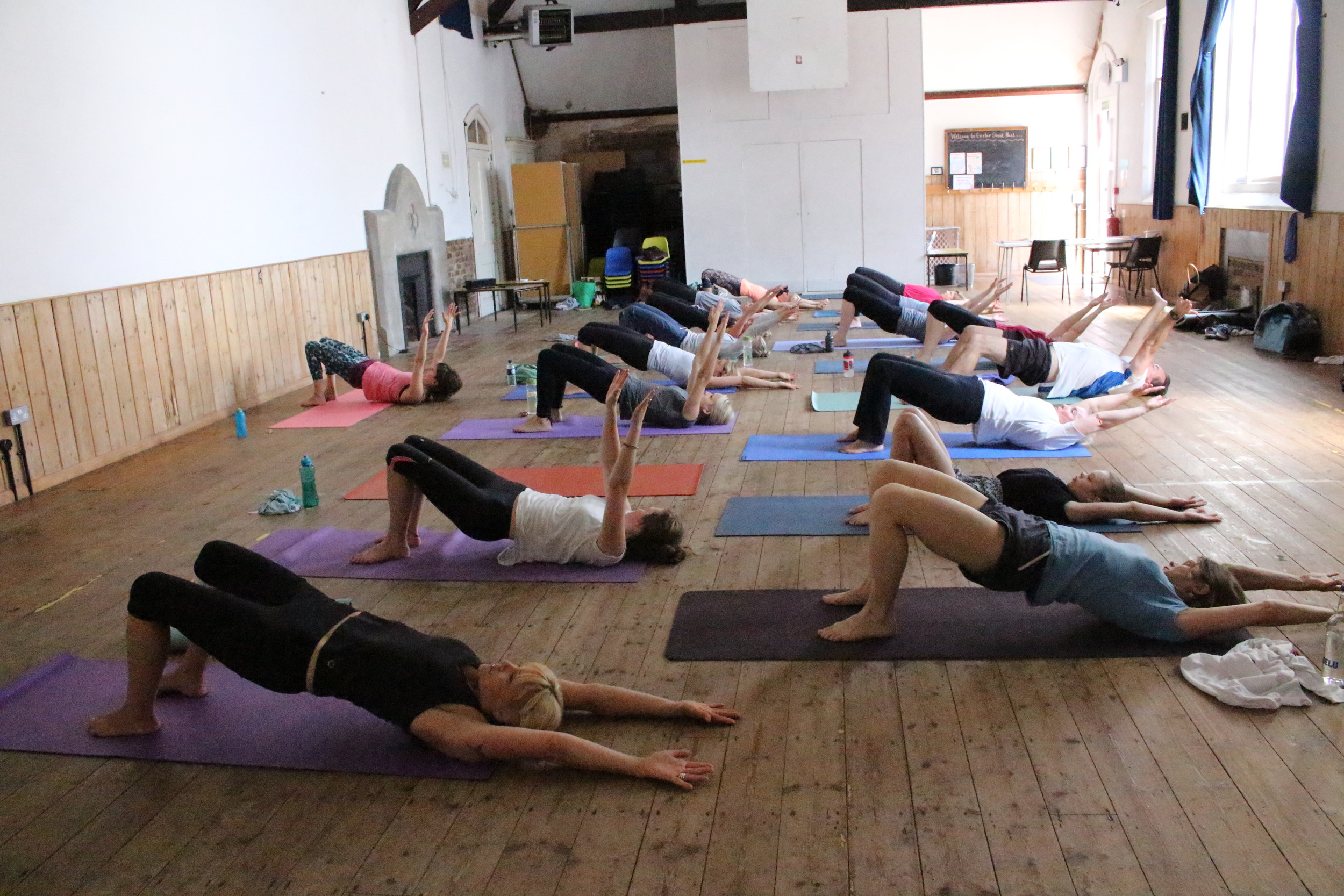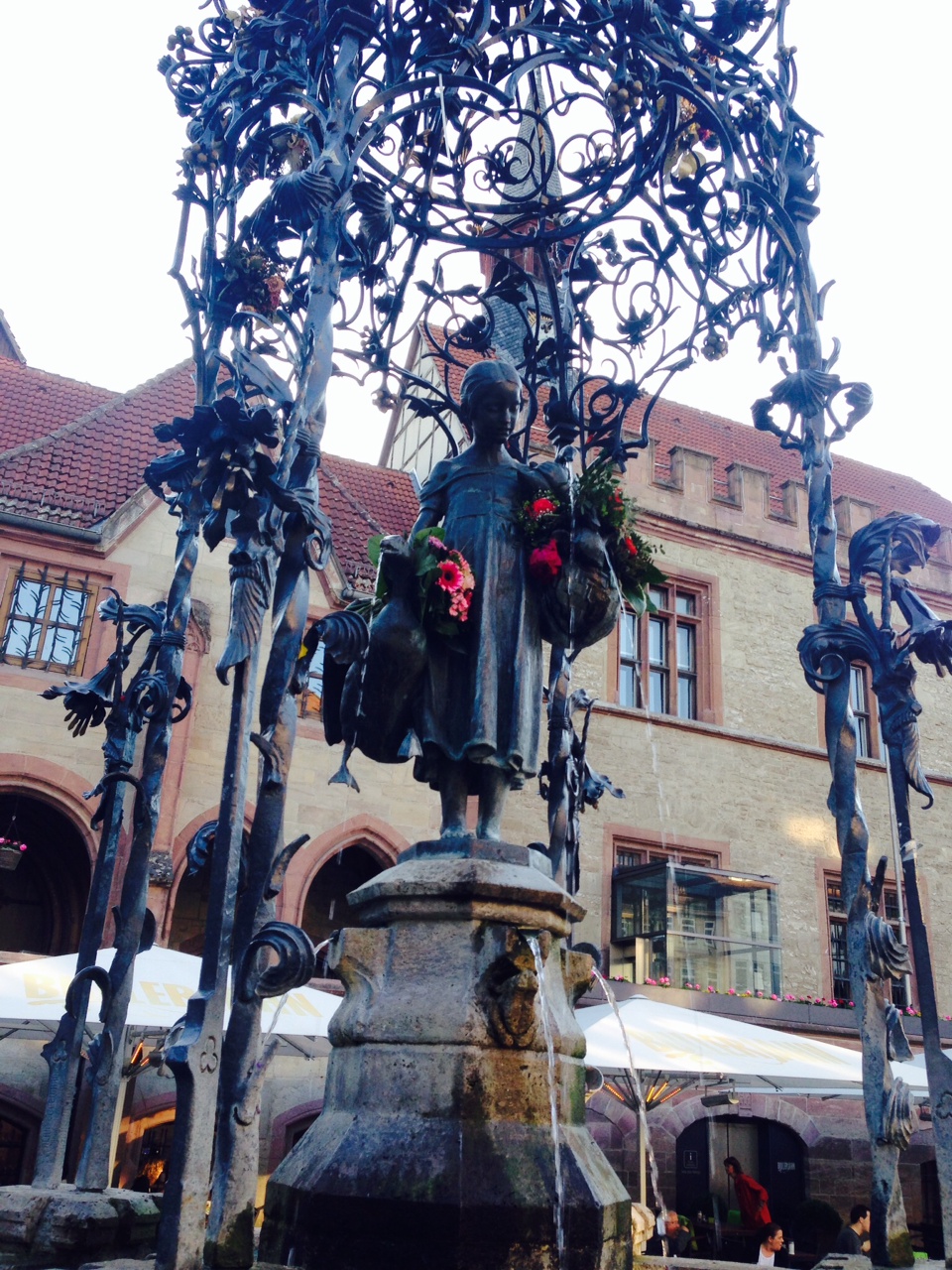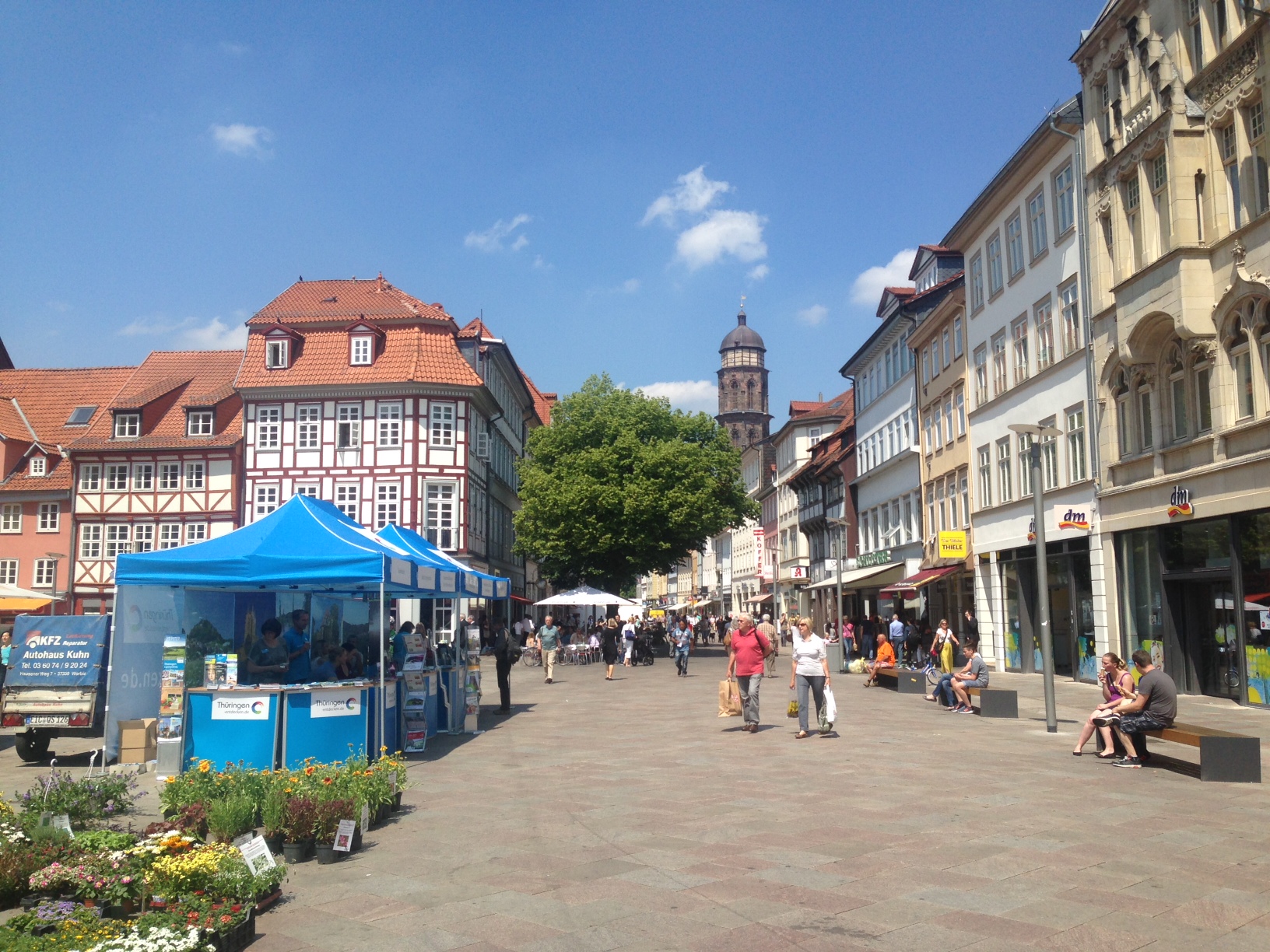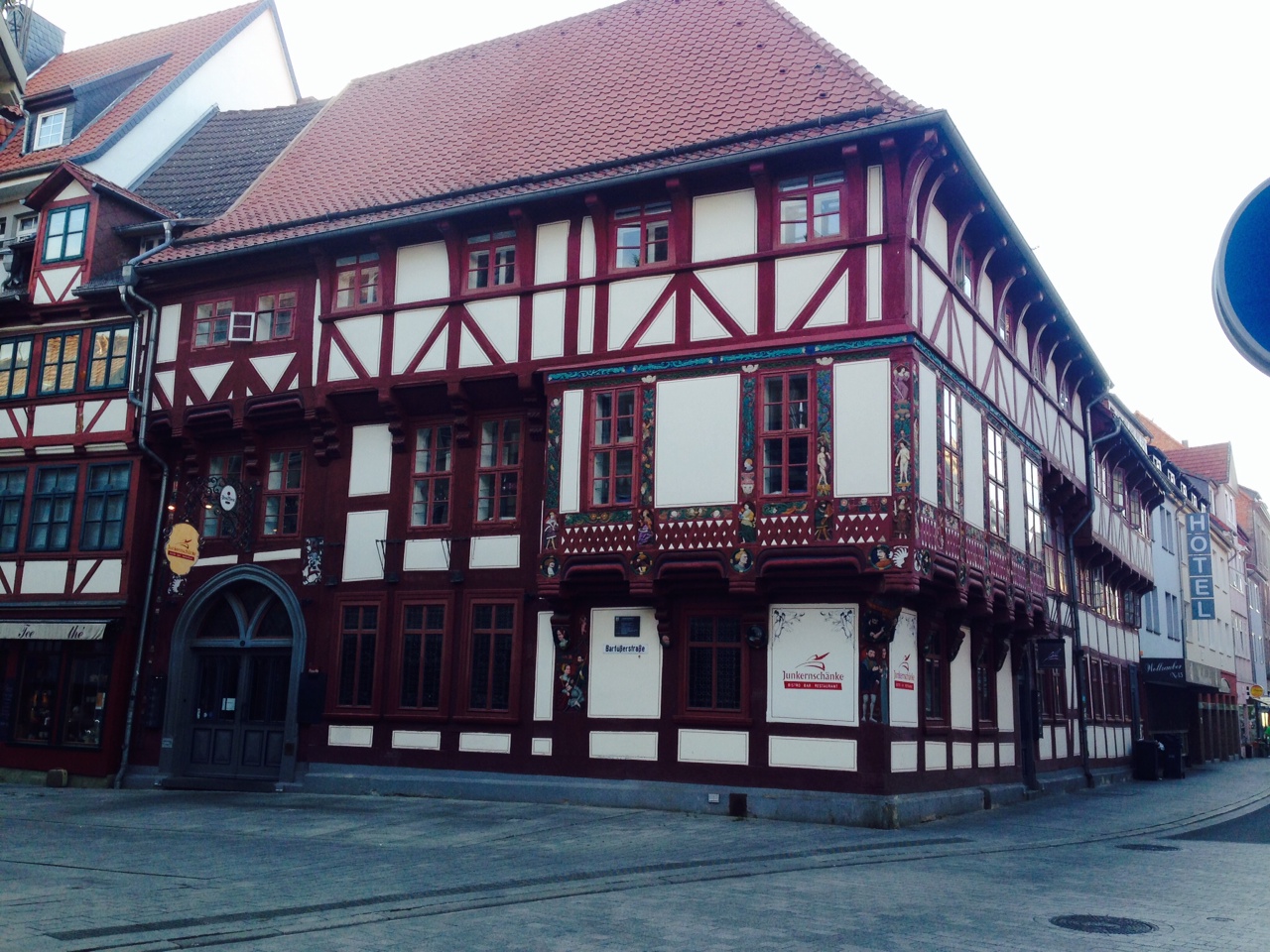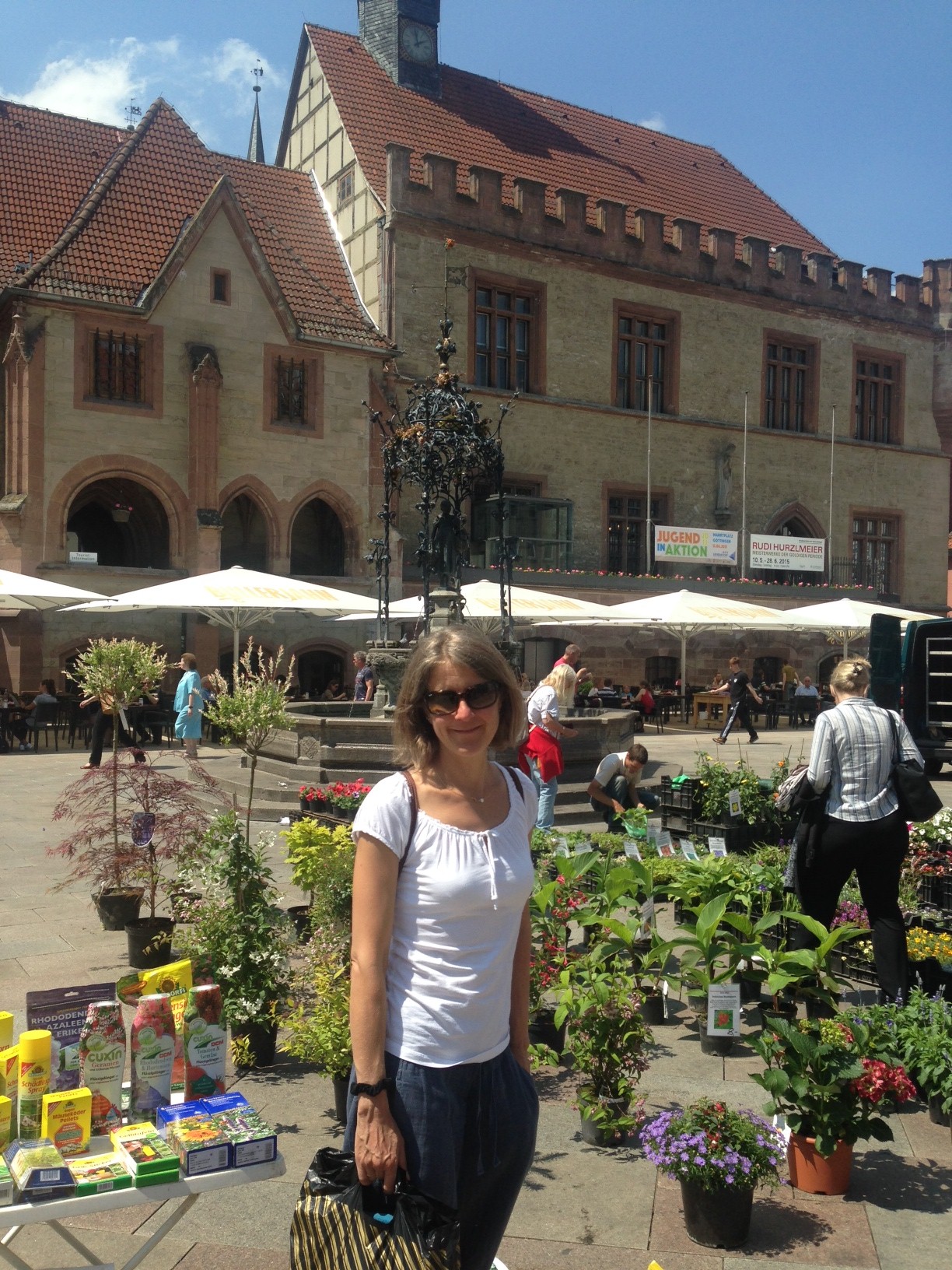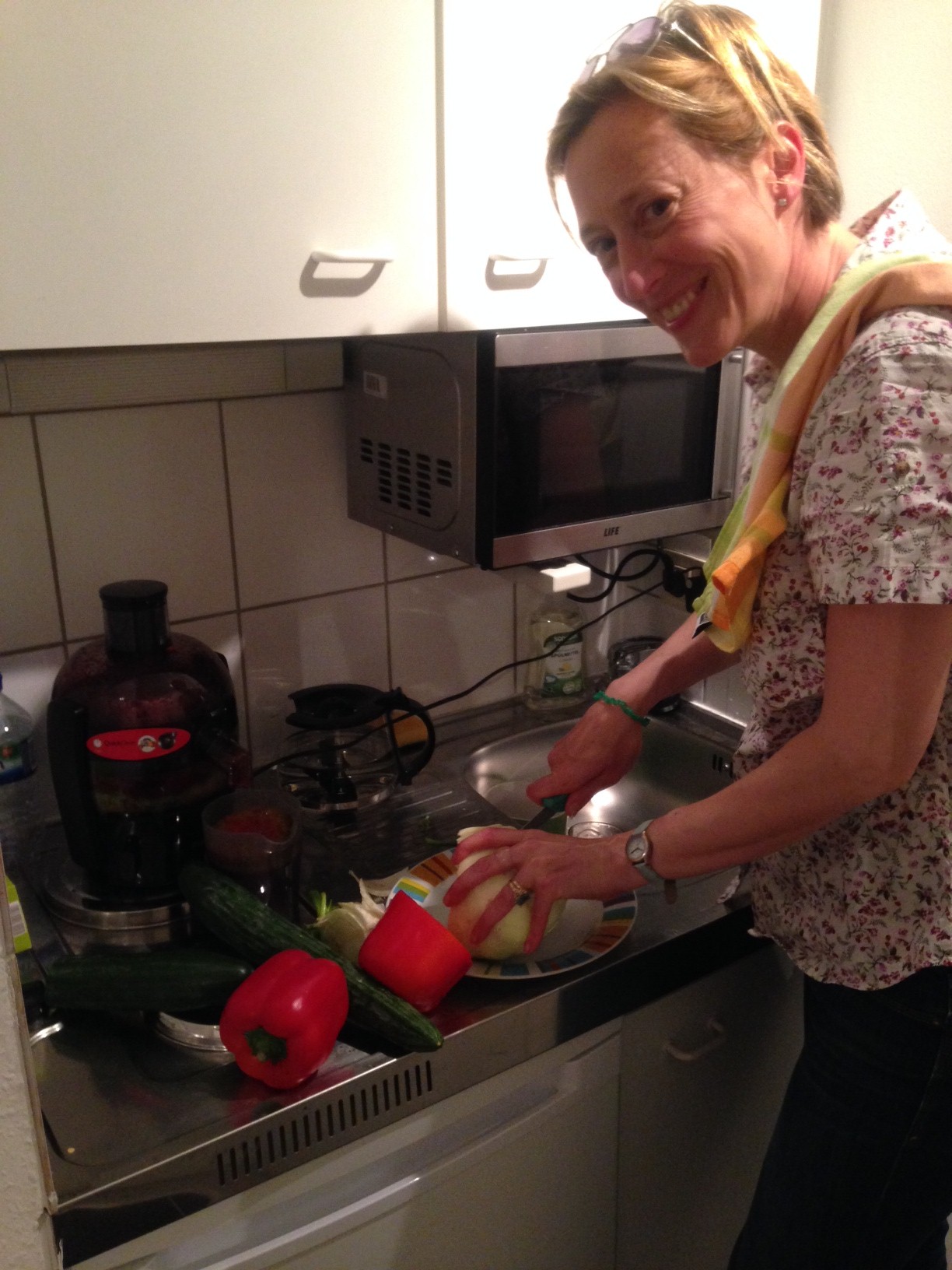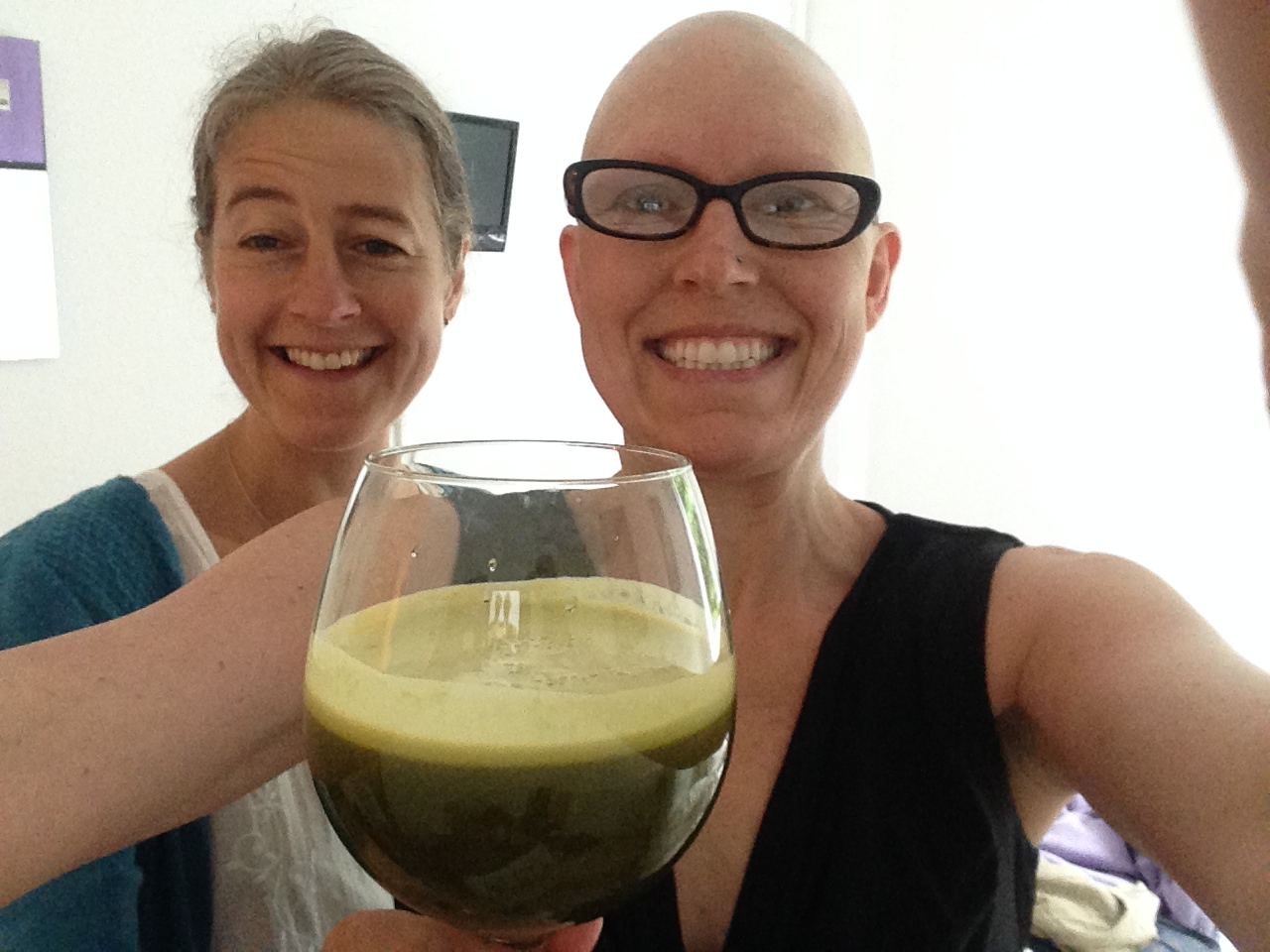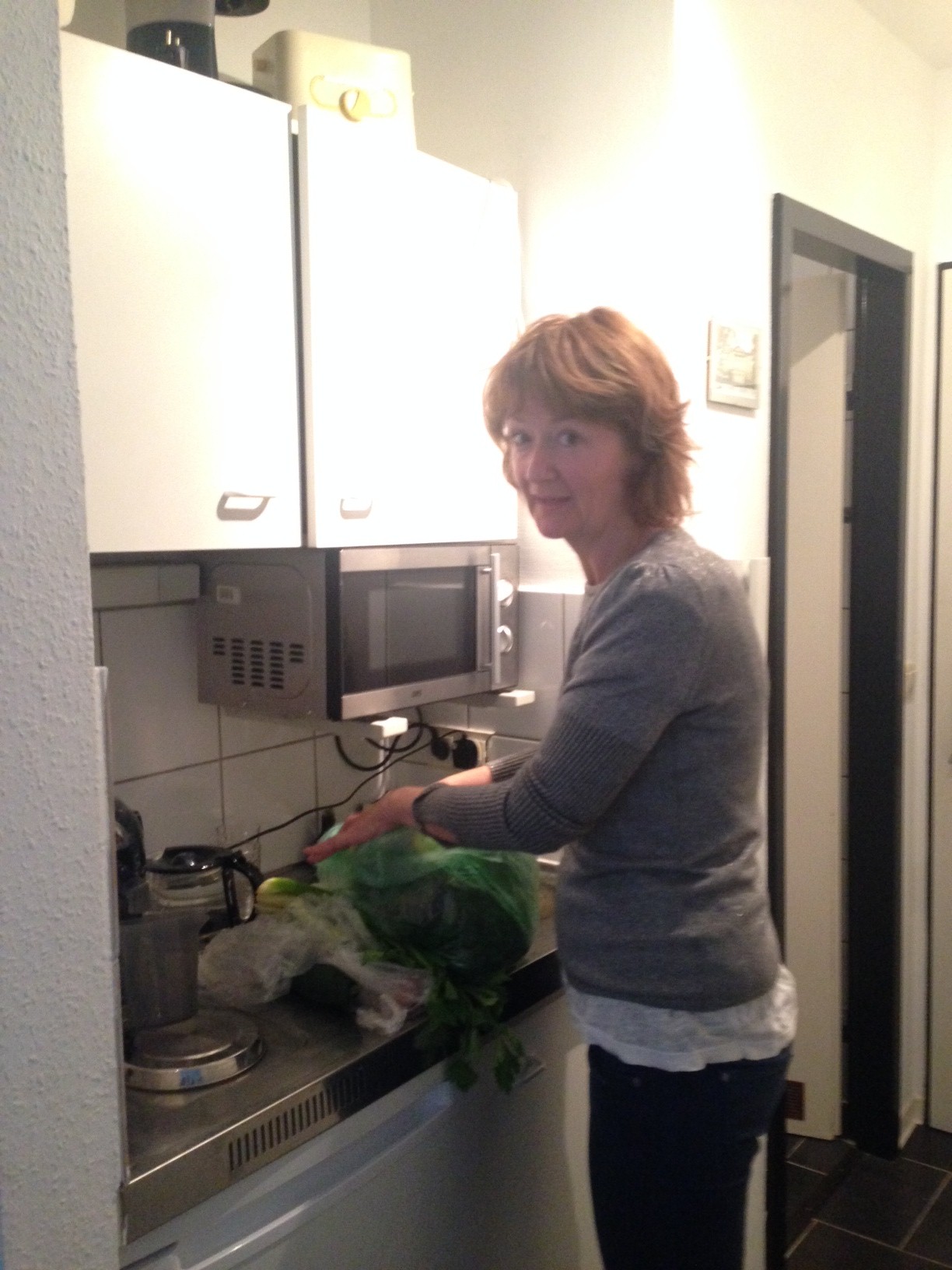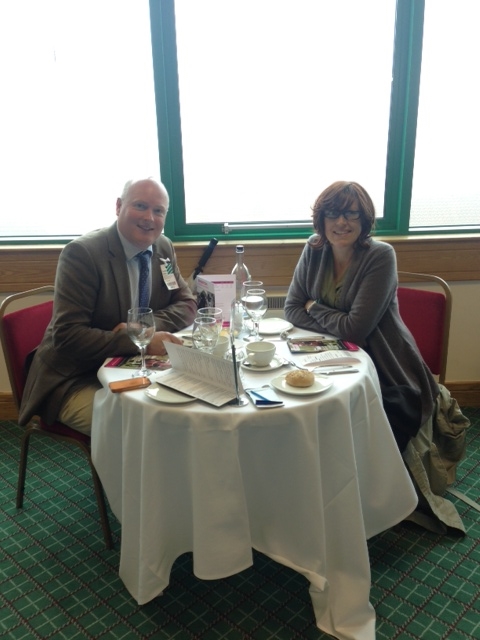Making the most of now
/This year has seen the death from cancer of so many household names. I will certainly be in good company if I join them. Alan Rickman, such a great baddie. Bowie, the sound of my youth and two of our brilliant female comedians Caroline Aherne and Victoria Wood. But death from cancer is not selective. When I was first diagnosed as Stage IV I began to read discussions from chat rooms full of men and women with advanced cancer. I still read them. There is a degree of comfort feeling I am not alone, listening to other voices sharing their fears and hopes. I do not join the discussions, but I do read them. Often the posts begin ‘goodbye to another angel’. Losing people to cancer is an occupational hazard. I do not know many people personally with advanced cancer, but the number has been growing as we have a habit of seeking each other out. And this adds a painfully real, less virtual, less abstract aspect to the process. There is one thing listening to ‘singlemum39’ describe her shock at a poor scan result, there is another if you have started to build a relationship with an actual flesh and blood person. Bad news is communally owned.
I had a fantastic few weeks after my last scan, following my wobble, which gave me a window of freedom and I stuffed it with as much as I could fit in. I spent a week in the Peak District. I took Ella and Tom to Madrid and had such a special time. Spain has been part of my life and now it is part of the children’s also. I have felt so fit and well I had expected the scan I had last week to show even further reduction. But it did not. So as I write I am not as confident as wanted to be. The scan showed no growth, and the cancer load is still relatively low compared with when I was first diagnosed, but there was some suggestion of what is called ‘enhancement’. This is where the contrast dye of the CT scan is taken up by the blood tumor in a more concentrated way which can indicate greater activity. The optimistic view is that I am stable and this was simply a variation in CT scans taken at different times or the pessimistic view is that my remission could be coming to an end. I am (or was) naturally a half glass full person but it is so difficult to ignore the pessimistic reading, simply because I need to be prepared to act fast if indeed this is the case.
I continue my supplement regime and have added to it. I now take Poly MVA. This is an extortionately expensive mixture but I have read enough about it that at the very least I believe it is a powerful nutritional supplement and at most there are clearly many who believe it was critical to supporting remission. It is a mix of minerals, vitamins and amino acids including a metal, palladium, which partly explains the cost. Read more about this on https://www.cancertutor.com/polymva/
I am also investigating Gc Maf/Goleic. I am still undecided. I had this up my sleeve if current treatments started to fail. It does not work with chemotherapy and I remain on Xeloda as one of my treatments so now is probably not the right time. I may also be stable and so want would need more evidence that things were going in the wrong direction before I make a decision. The next treatment on the cards, if I stick with my oncologists advice would be an IV chemotherapy which to me feels like torture. Advanced cancer is a marathon not a sprint so I hear, and those who believe you can heal and keep the cancer in check advise not to expect any quick results with many of the alternative therapies. If it were not in my liver I would feel ready for the marathon, but the fact it got so bad in February makes me nervous as I cannot afford to wait too long in the hopes something will work.
The main tragedy for me over this period was Brexit. I am still in mourning. I simply cannot believe that enough people were bonkers enough (sorry those of you who voted out but this was a mad decision) to vote leave. And what have we seen since. The disappearance of the leaders of the Brexit movement. No viable plan and the prospect of having to sign up to EU regulations and pay the same contribution in order to get the trade deals we will need. But without the voice inside to influence. A bit like Norway. Lawyers and advisers on trade deals are going to make a fortune. I am embarrassed when I talk to my non British friends who all cannot believe what a home goal this has been. My Spanish friends say that in Spain you would need way more than 50% of the vote for a decision that momentous. I am embarrassed for my Polish friends, who have lived and worked here for years and worry for their future. If 16 year old Scots could vote in a referendum for independence why could 16 year olds across the UK vote in this referendum. Tom, who has studied politics for the last 2 years, was a month or so too young to vote yet by the time we work out what is going to replace this he will be well into his 20s while many of the older generation who overwhelming voted out may not be here by then to live the reality. And then – on the other side of the pond. Trump. How?
As I continue to work my way through my old books and diaries I found a book I studied for Spanish A’level which had a profound impact on my life. It is ‘San Manuel, Bueno, Martir’ – Saint Manuel, the good the martyr, written by an author Miguel Unamuno who was obsessed by death, and what happens after death. The protagonist, San Manuel is in part a reflection of Unamuno who uses this character to explore his own feelings about death. It is set in pre civil war Spain, in a village at a time when poverty was all consuming. Manuel is a hero to the people of his parish. But it is a story of sacrifice. Manuel cannot believe that life exists after death but cannot bear the pain that this reality would bring to his people whose lives are already so difficult. Belief in a glorious life in heaven after death helps people put with up with their everyday misery. How can he share his certain knowledge that there is no life after death and make their lives even more miserable? Better to sacrifice himself and continue to preach in the salvation that awaits his flock even though doing so pains him deeply. As I confront death I have been exploring my own beliefs. I simply cannot believe either that there is anything after we die. Certainly we get recycled through the soil and plants and remain therefore alive in some sense but not an afterlife, a heaven that I can believe in and look forward to. I would like to believe, a strategy to manage the potential reality of dying. In Gottingen there is a beautiful Catholic Church, it is all white inside, probably what my heaven would look like and I go there every time I visit the city and I pray and pray. Being raised as a Catholic, church has always been a space for me to reflect and gather my thoughts. I find myself visiting Churches more frequently now. Whether I am praying or meditating they offer me a place to calm my mind. And there is always the hope that there will be some revelation which changes me, is this a desire for hypnotism, some trick of the brain that switches me into deeply believing in a better place so that I can manage my current journey.
In Madrid with Ella and Tom we visited lots of churches and museums. Had I not been ill perhaps we would never have arranged a trip like this. But I am filling my time with these special moments with family and friends and getting such deep joy from it. I could have lived a longer life but without the depths of happiness that I feel often these days as I take pleasure in everyday. The weather was absolutely beautiful, cloudless and hot. We spent hours in the Prado and the Retiro Park. Picasso’s Guernica is now displayed in the Museum of Queen Sofia. The museum has three major exhibitions covering different parts of Spain’s more recent history (before, during and post the civil war). As always happens in museums to start with you head to the parts you are most interested to see and then you branch out to other areas, and as the time goes by and your feet start aching you begin speeding, up racing through rooms of great artistic works, until you totally run out of steam. I am not an artist and have never studied art and have a terrible habit of completely deriding certain pieces of modern art. There was one particular part of the Queen Sofia museum which displayed works which frankly, to me, felt very much like the emperors new clothes. I started through the exhibition partly wondering what was going on, and if really someone was taking the micky. Were all the other visitors to the exhibition deriving deep and meaningful pleasure from these non works (they included for example a series of squared paper, the sort you might do maths homework on, framed, each with 3 letters of the alphabet in the middle – really?). As we progressed through the exhibition Tom and I connected in our confusion and couldn’t help sniggering at some of what we saw, I am sure educated art historians would consider us philistines. Ella made a good attempt at defending the work, Tom and I were not convinced. The piece de resitance was a room, which was essentially empty. We looked around it bemused trying to work out if perhaps it was a corridor, but no, it was art. It’s title ‘Non specific space’. That was enough. Tom and I almost roared with laughter. In the following room there was a film of a woman crawling around the floor of the ‘Non Specific Space’ and some narrative about the artistic value of the space and how it allowed the observer to engage in the art directly. So when no one was looking we tried to recreate this engagement with the space – and I did a bit of surreptitious crawling so Tom could a photo of me before we got caught and possibly thrown out for our disrespectful behaviour.
We also spent some very special time with one of my very best friends Maria who I so rarely see. I have posted a photo of us from our time at Harvard, where we met and 21 years later.
In the Peak District I went on writing course and met some wonderful people in a beautiful setting. A lovely friend of mine Kirsty invited me. I have always wanted to write and imagined I would do this when I retired, I am partly living my retirement now – hopelessly knitting, gardening a little and now writing. The course and people inspired me. I have been trying to work out how best to capture the many memories of the kid’s childhood and now I have a plan. I am writing a series of very short stories made up of real events with a little imagination added. This will be a legacy for my kids and give me the opportunity to write. I still have far too much to do, I have barely touched my diaries, I have photos galore that still need organising, but during this recent phase of health I have been so busy doing other things I have not had time to fit them in. But I need to get a move on. Here is one one my short stories
Death of a Hamster
Petal and Scar were hamsters, Dwarf hamsters to be precise. Dwarf hamsters, Louise was assured by the owner of the pet shop, could live together and not eat each other and given that both Ella and Tom were determined to have one each, it was either two dwarf hamsters and one cage or two Syrian hamsters and two cages. “Syrian hamsters do not usually tolerate the company of another hamster once they reach 6-10 weeks of age when fighting starts to occur - the golden rule is one hamster, one cage” Louise had read. Not dissimilar to human children after the equivalent number of years she mused. A hamster charter had been negotiated before Louise and Rupert had given in and agreed to letting them each have one. Cleaning the hamster cage regularly, checking they had water and food and playing with them was the children’s responsibility. They had signed in blood. Well almost.
Petal and Scar did live happily together without violence towards each other, but they were definitely not the cuddly creatures the kids or Louise had imagined. Despite numerous attempts to pick them up they nipped at every opportunity. They ran far too fast to enjoy a gentle stroke and tried to escape frequently. The hamster charter obligations were rapidly broken as the disappointed children lost interest in their new pets. The weekly cage clean was added to Louise’s mountain of housework. When she could pin a child down to help she did, but the chase and wails of injustice was too much for her often and she alone took over responsibility for the animals, kicking herself for giving in to their pleas in the first place and believing they would fulfil their responsibilities.
One day Ella noticed that she had not seen Petal for a couple of days. She tentatively put her hand into the cage to remove the lid of the little plastic house the hamsters slept in, and there lay Petal, curled in a ball, clearly not very well at all. Suddenly interest in the hamsters soared to new heights. Hysteria set in and all four children, begged Louise to take her to the vet. Louise was certain that Petal was very close to death and privately hoped that she would expire quietly and without fuss or expense, on her own, over night. She convinced the children that she would discuss what to do next tomorrow and convinced them they should wait until then before deciding what to do. But the next day Petal was not better and still very much alive. Again the children cried for her to let them take her to the vet and again Louise procrastinated, knowing that such a trip would make the vet richer, her poorer and Petal would die all the same vet or no vet. The question was, how long would she hold out. Again she convinced the children to wait, this time until after school, as she had to go to work and there was no time to do anything until then.
At five o’clock she called home from her office. Kasia, who helped her look after the children when she was a work answered the phone. No, Petal was no better and yes Petal was still alive. Ella grabbed the phone weeping, ‘Please Mummy can we take her to the vet so they can make her go to sleep?’ Louise said she needed to think and put the phone down. It was late, would there even be a vet open that evening? She consulted with her work colleagues. Why go to the vet? They said. There were plenty of ways to finish off a hamster. And they began to recount the possibilities. Drown it (but the you would have to blow dry it to get rid of the evidence of the act). Lie it behind the car wheel and reverse onto it. Throw it in a communal bin. Leave it in the path of a neighbourhood cat. What to do? What to do? Louise was conflicted when Virginia, the receptionist, protested. How could they possibly suggest such cruel and heartless things? In no time she had found a local vet, called them up and booked a 6 O’Clock slot. Louise had no choice. It was now 5.30 and she had to drive home, pick the kids up to get there in time. She called Kasia and asked her to transfer Petal into a transportable box, and get the children ready. They had already had their tea and the younger two were in their pyjamas so when Louise arrived home the four of them were lined up in a row outside the house, waiting for her. Ella holding a small box reverently.
At the vets they piled in and registered with the receptionist. “Name” “ Louise Howes” Louise responded. “Not yours?” she said in a schoolmarmly sort of way, looking down at her through the glasses balanced on the tip of her nose “the pet”. “Oh, it’s Petal, Petal Howes”. Ella protested from beside Louise. “She’s not called Petal anymore Mum, we changed her name, don’t you remember, she’s Rose”. This only confirmed the receptionists obvious suspicion that this was yet another neglected creature that had been purchased by parents too weak to stand up to their children’s. They all sat down and waited.
When their time came, the vet called for Petal Howes and looked slightly taken aback to see this gaggle of young children follow their mother in. She was a young vet who, Louise concluded, communicated better with animals than she did with people. Petal was taken out of her box and placed in the middle of the examination table which stood in the middle of the room. The children arranged themselves around the outside and stared at her little body, struggling for breath. “If only she had waited for one more night thought Louise, this hamster was never going to make it through the night again.” But it was too late.
The vet confirmed that Petal was very poorly indeed and it would be kinder to put her out of her misery. The language started to become a bit abstract for the younger children. Ella was certainly clear that Petal needed to be put to sleep, but for the other 3, a vet meant making Petal better. They looked confused ‘put her out of her misery’? And the vet realised that perhaps she ought to speak in a manner that such young children might understand. Louise was relieved, it would be the vet and not Louise who would have to explain. “We will give her a little injection and she will just go to sleep and not wake up” the vet explained. The children began to understand and the tears began. The vet then looked up at Louise “Would you like to come and collect her tomorrow so you can take her home and bury her or we could cremate her here”. “Cremation I think is the simplest” Anne mouthed, trying to indicate to the vet that this was a delicate discussion to be having with that particular audience. “What’s cremation Mummy?” asked Tom. There was a dramatic silence as Louise stared hard at the vet, she raised the subject, she had to deal with it. Stuttering slightly, the vet replied “Well, um, you see, cremation is, well, when animals die, and people sometimes” Oh dear, she was digging herself deeper. Now the conversation had expanded to involve the cremation of people. “We burn them”. “Burn them! Why do you burn them?” The gentle tears rose to squeals of horror and hiccoughing sobs. It was time to go! Louise indicated she would be back to collect the body, thanked the vet, turned leaving Petal alone on the table, and ushered the children out, wailing and howling, through the full waiting room, up to the reception desk where she flustered as she tried to find her cheque book to pay the £25 fee for this disastrous trip.
I am in France now with my family, and were last week joined by my parents, sisters and their children. Every day seems to pass so quickly, if only I could slow down time.
In September Rupert and I plan to go on a late 20th wedding anniversary holiday (last year was our 20th anniversary but we never celebrated it properly). I am hoping against hope that I stay healthy so that we can still go. Life with advanced cancer is very uncertain, planning becomes so difficult – but I will continue with my regime and sun and happiness of being together on holiday is bound to have an impact on my cells. They will find it very difficult to behave badly with all this love and enjoyment about.
